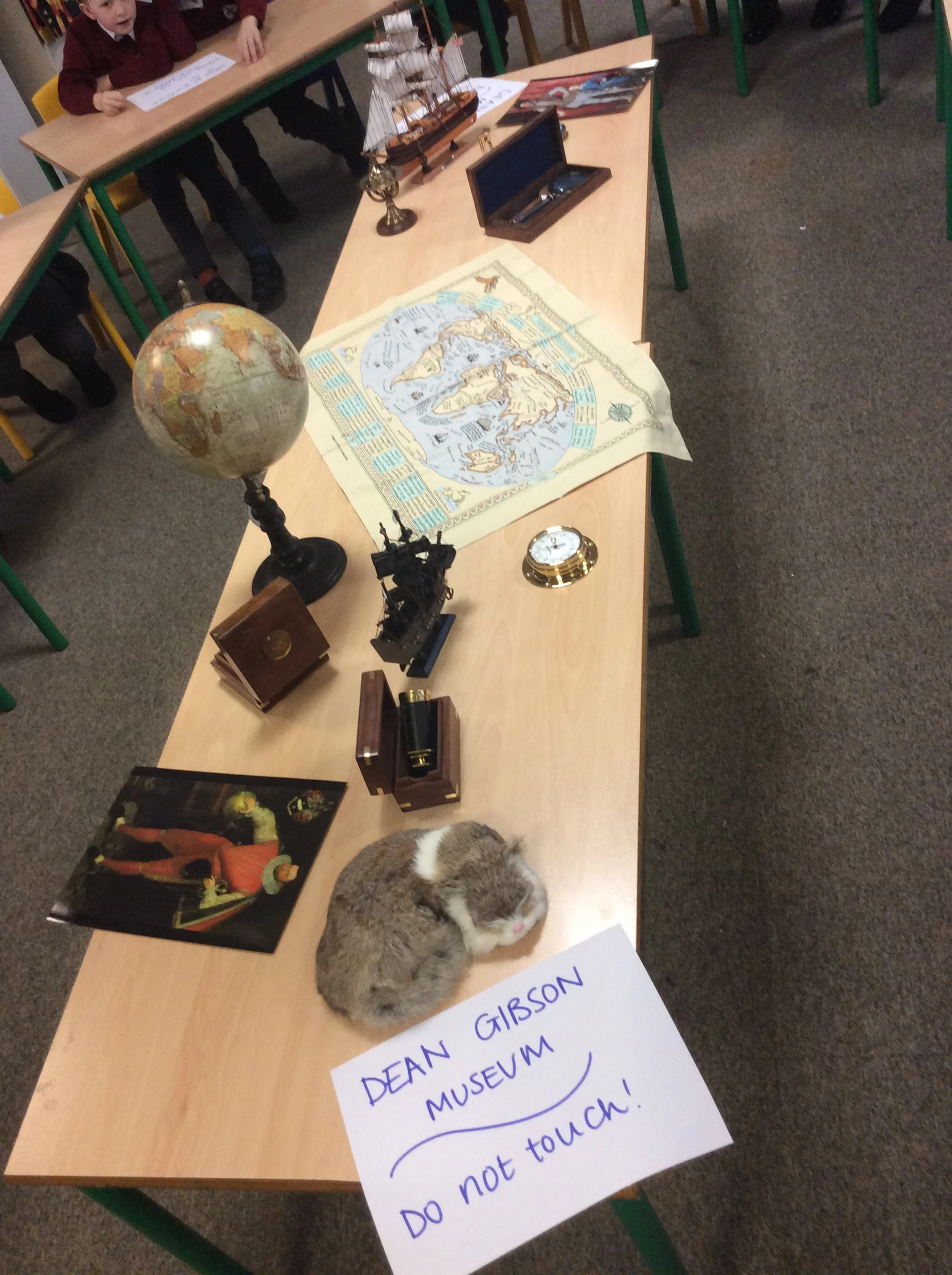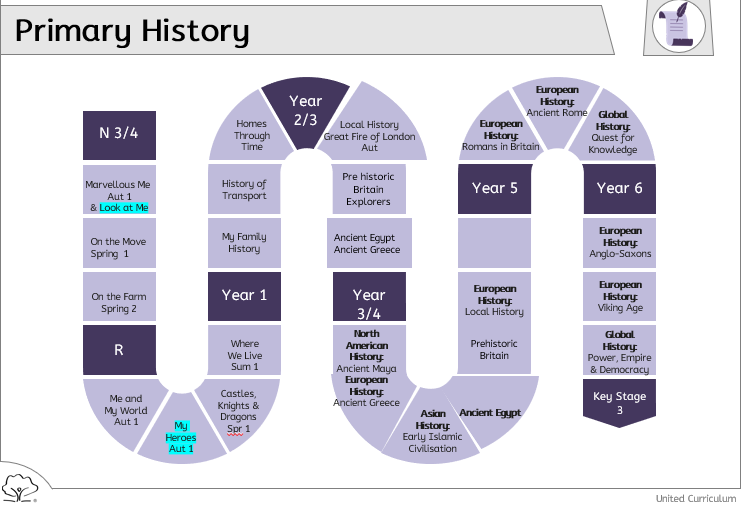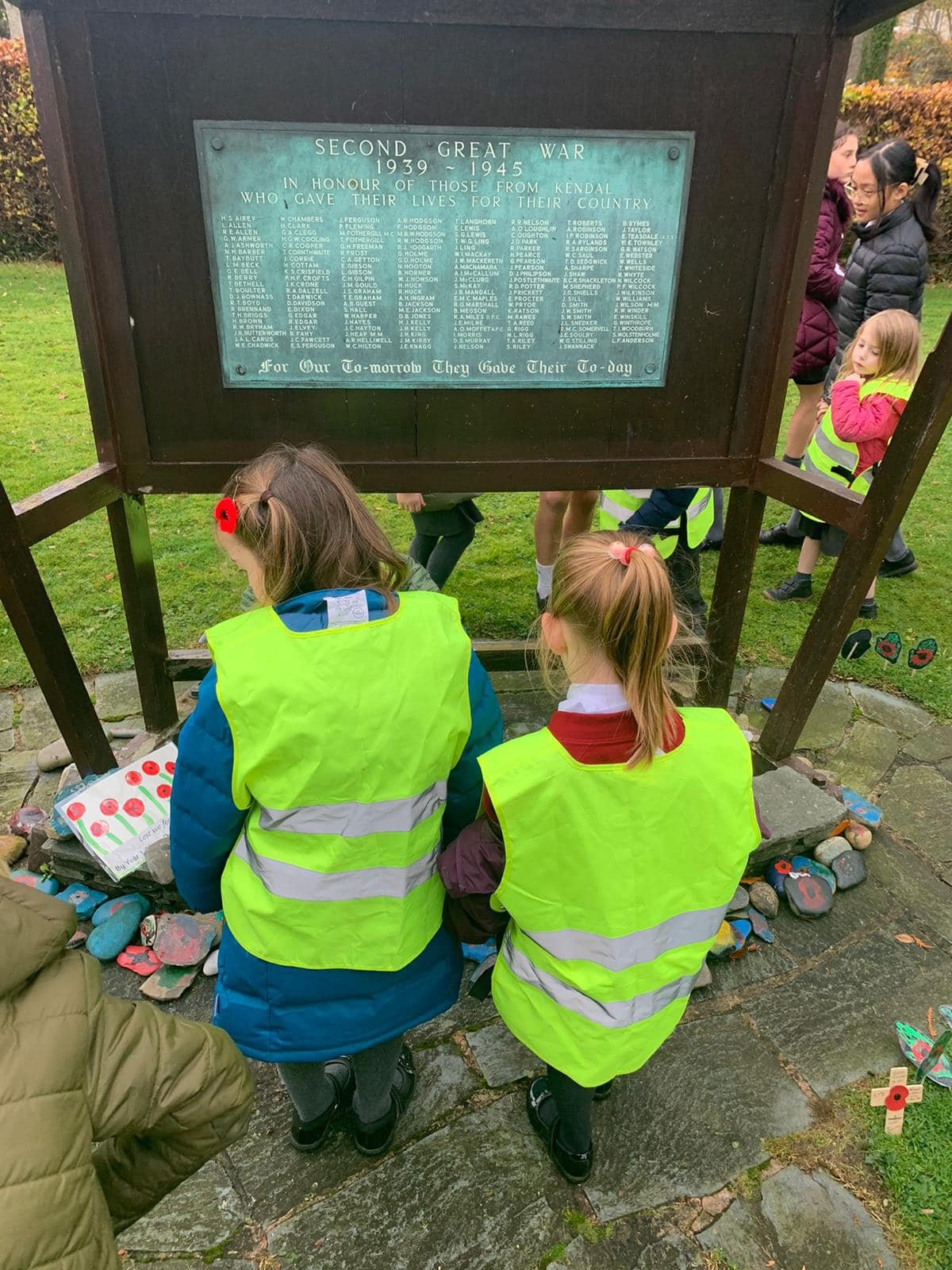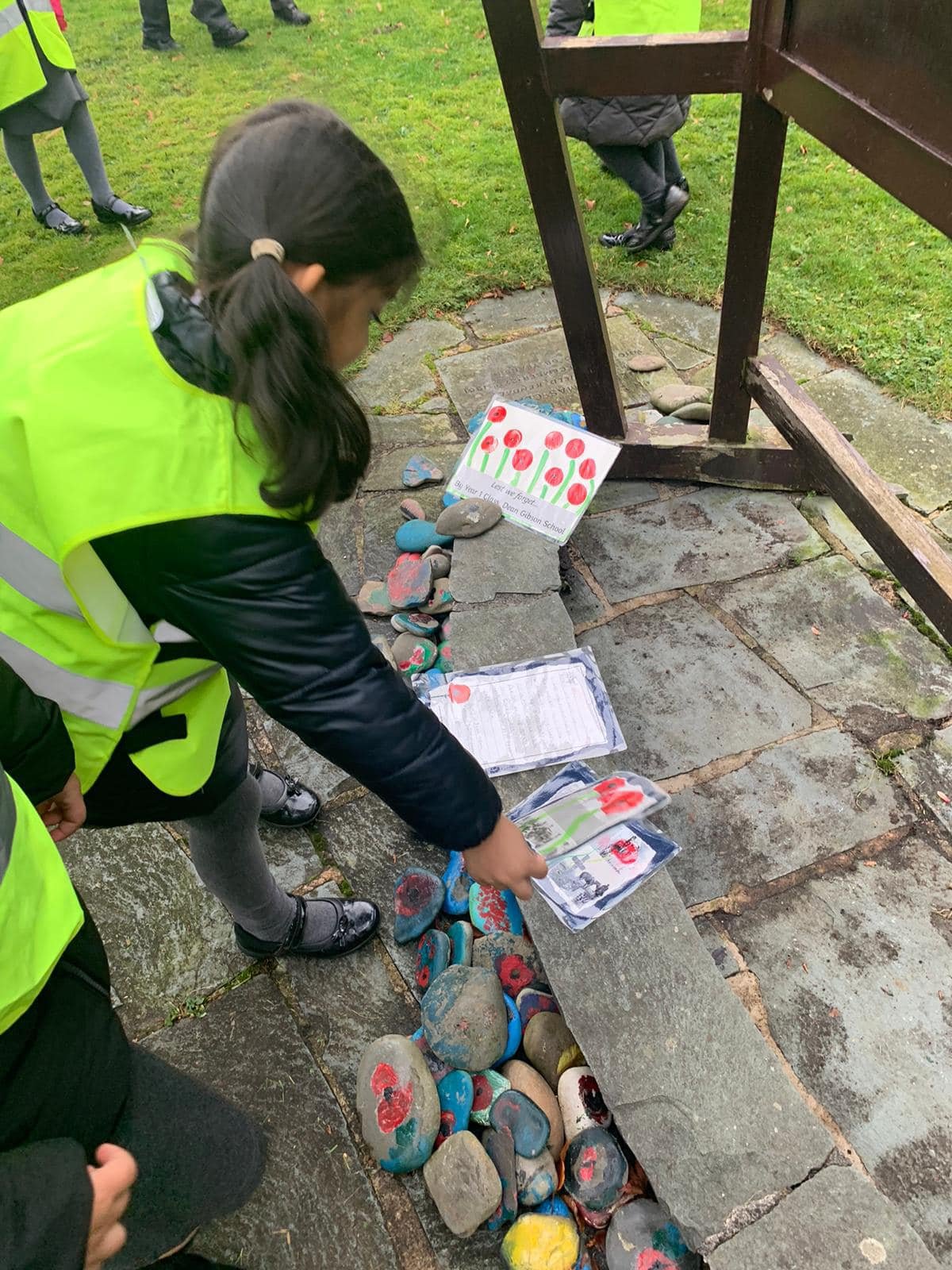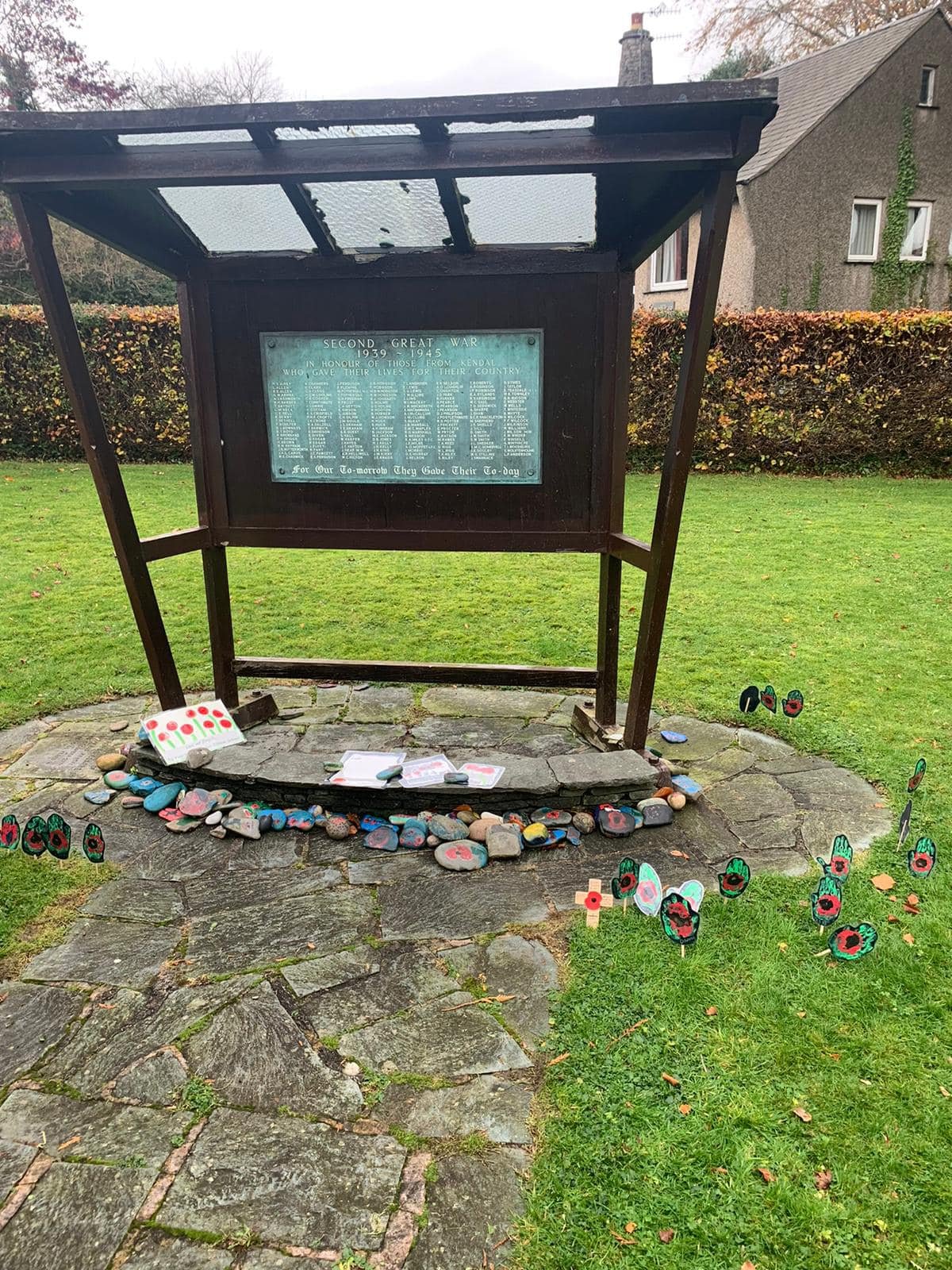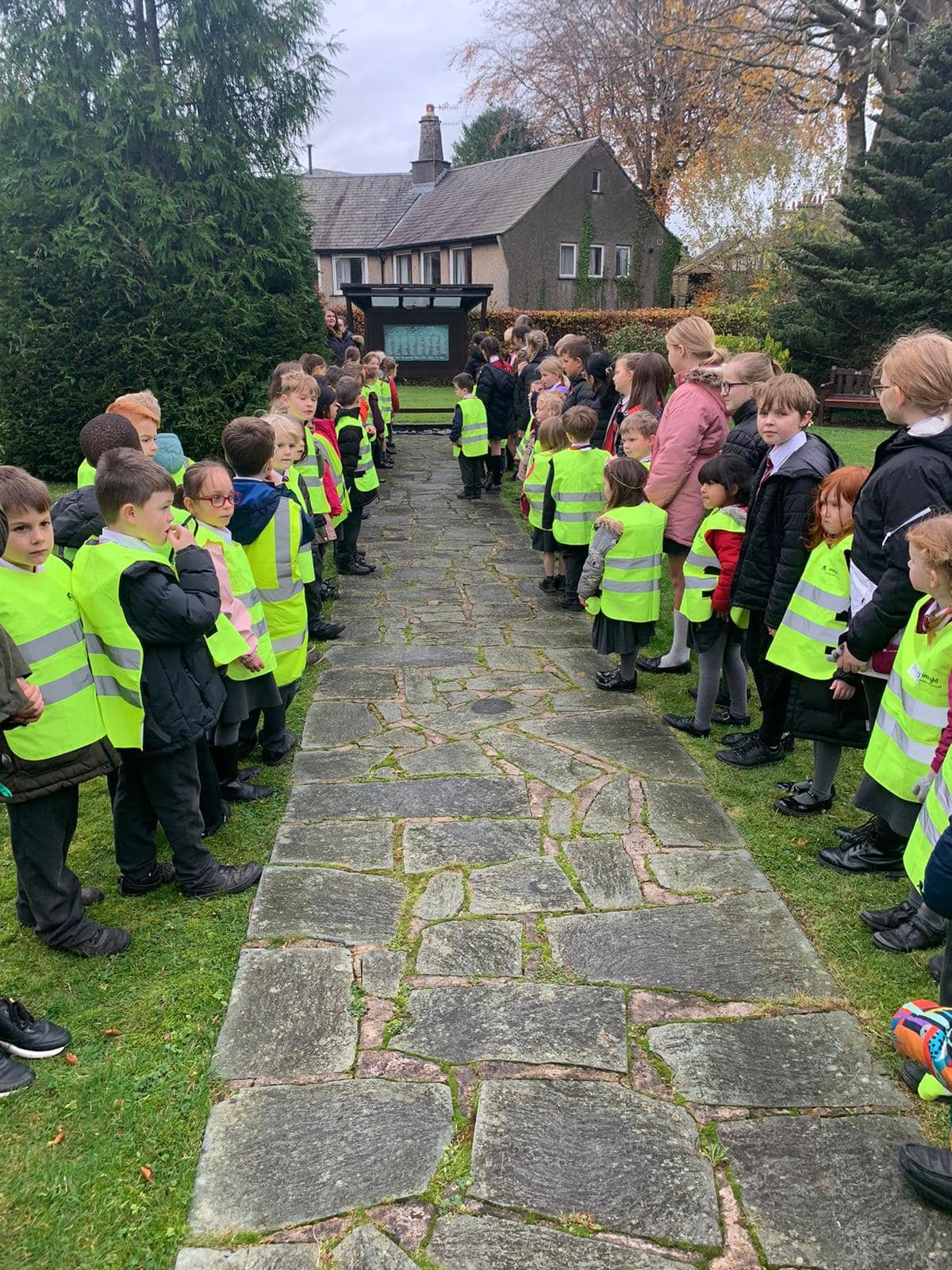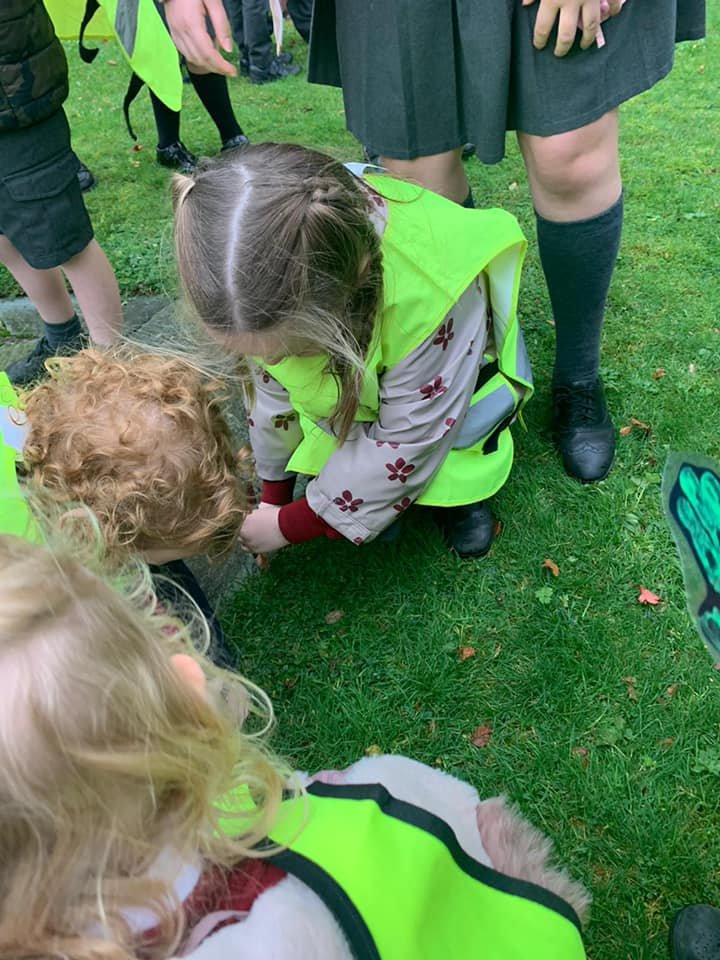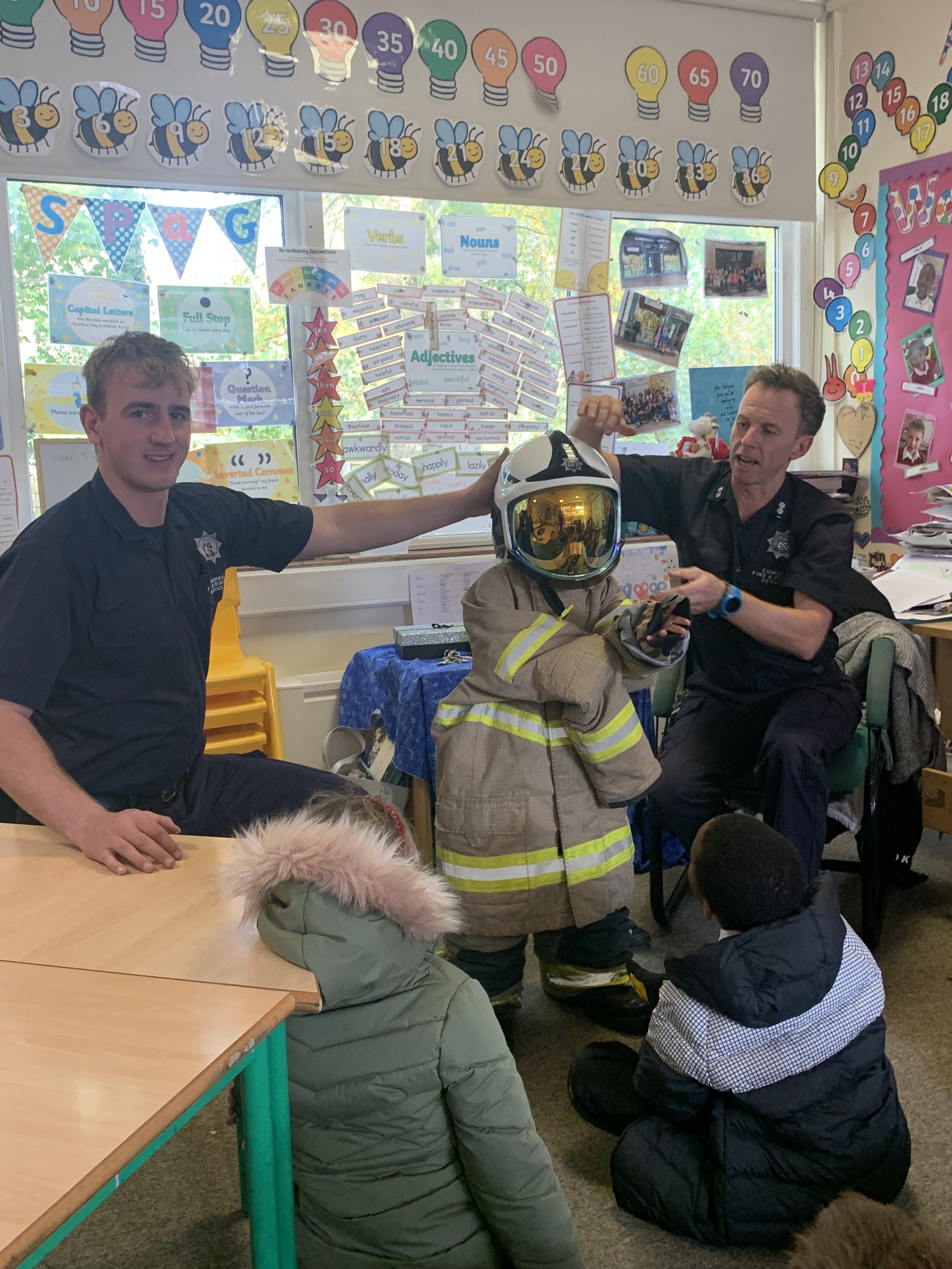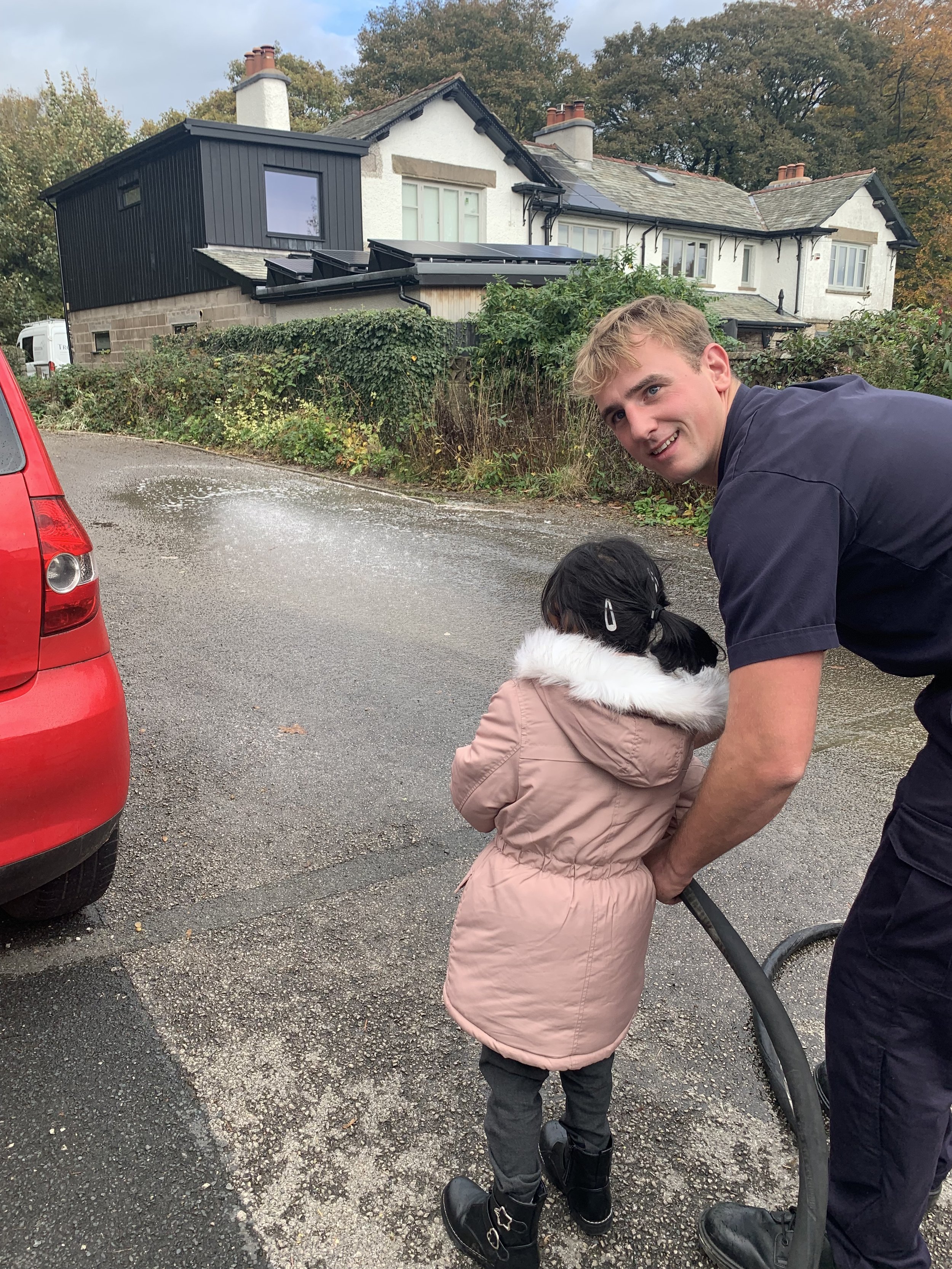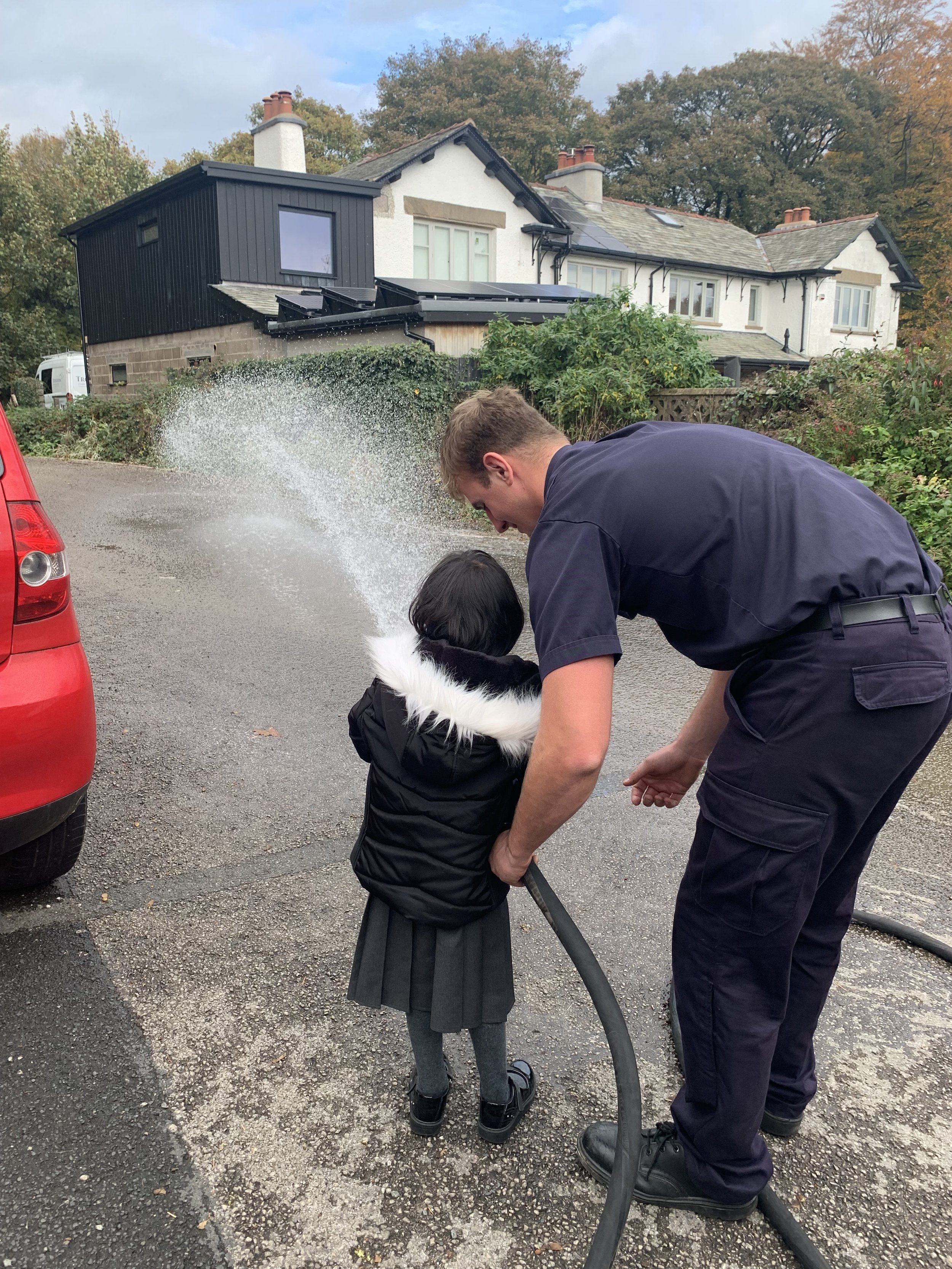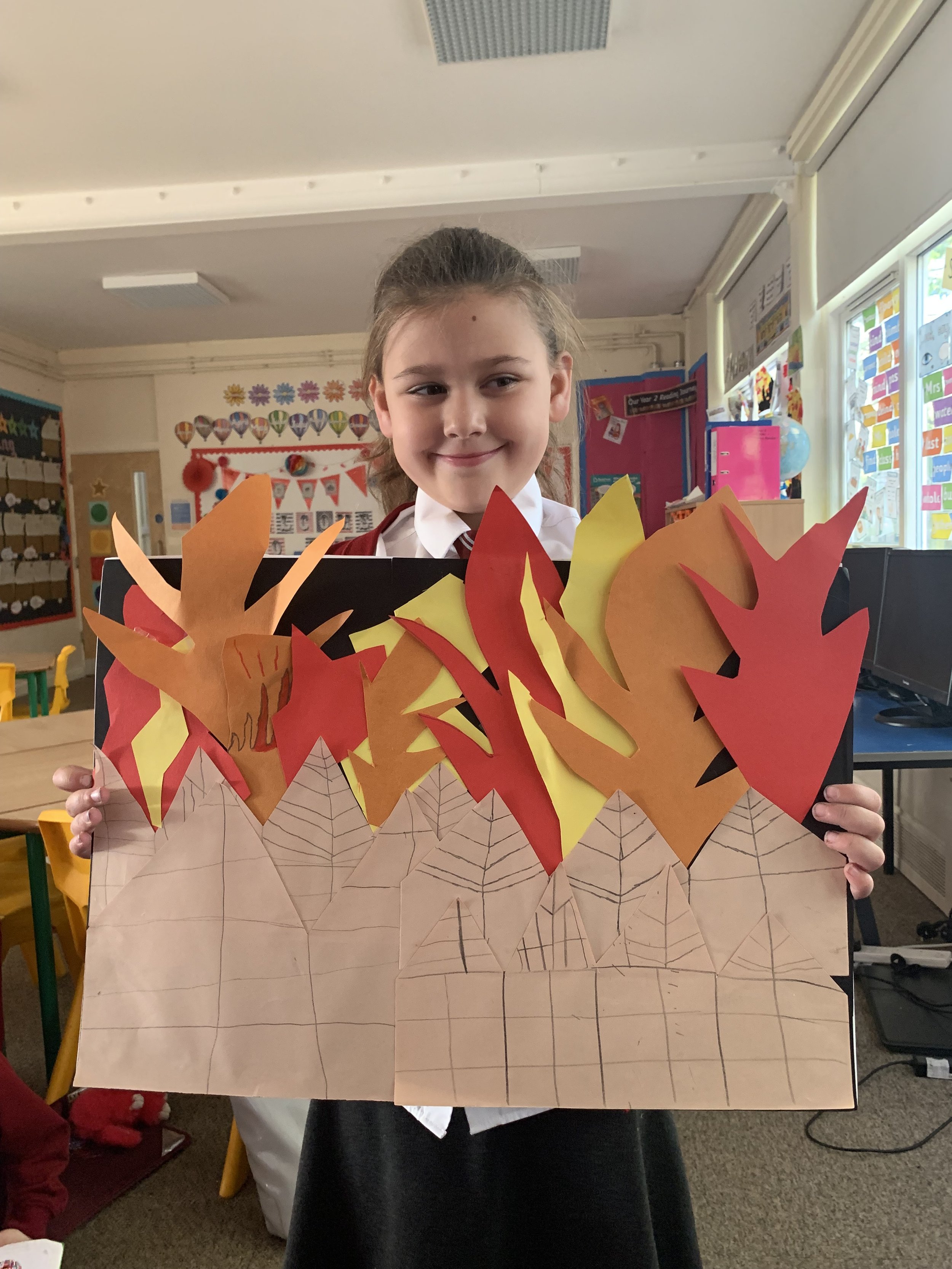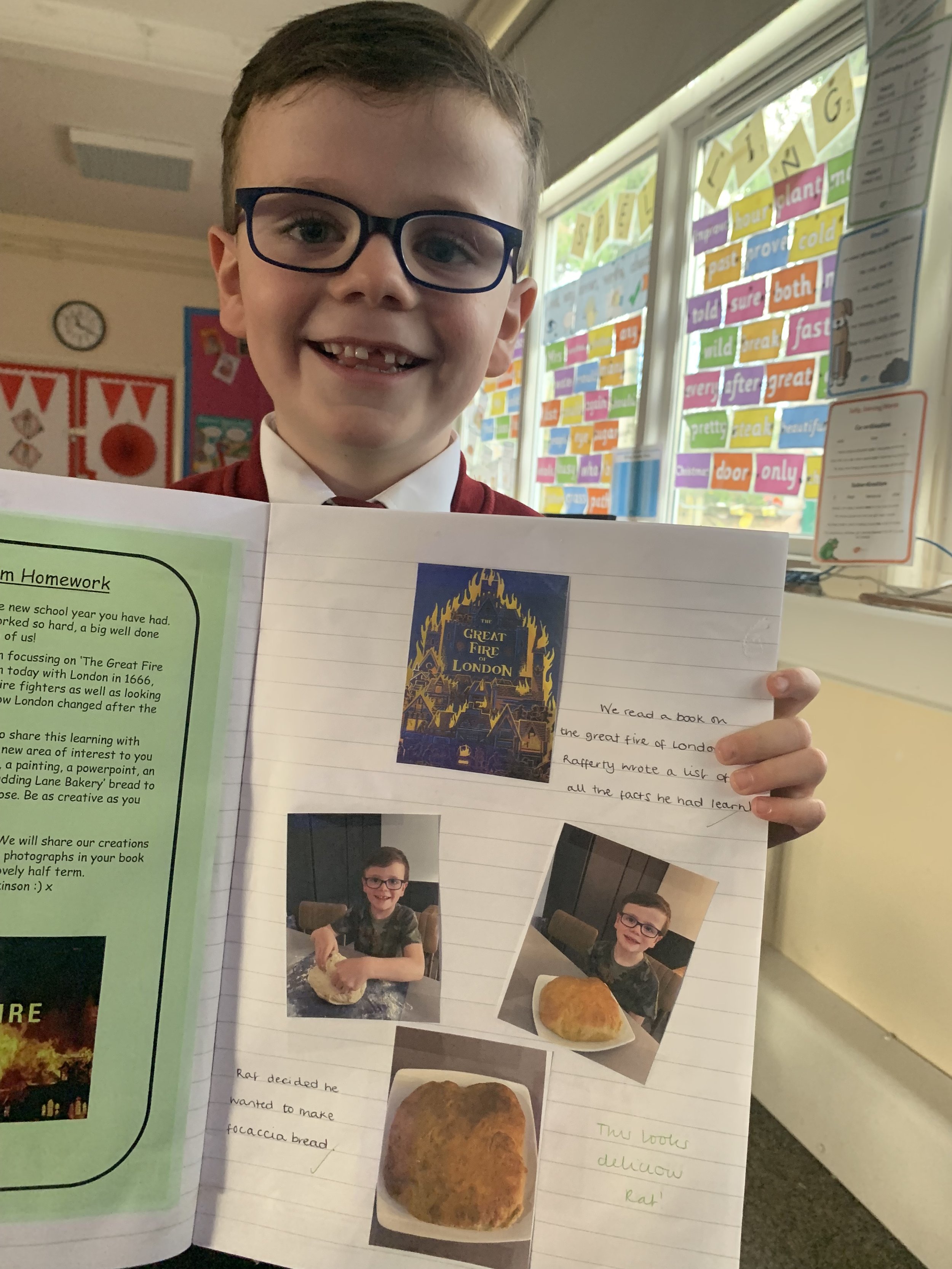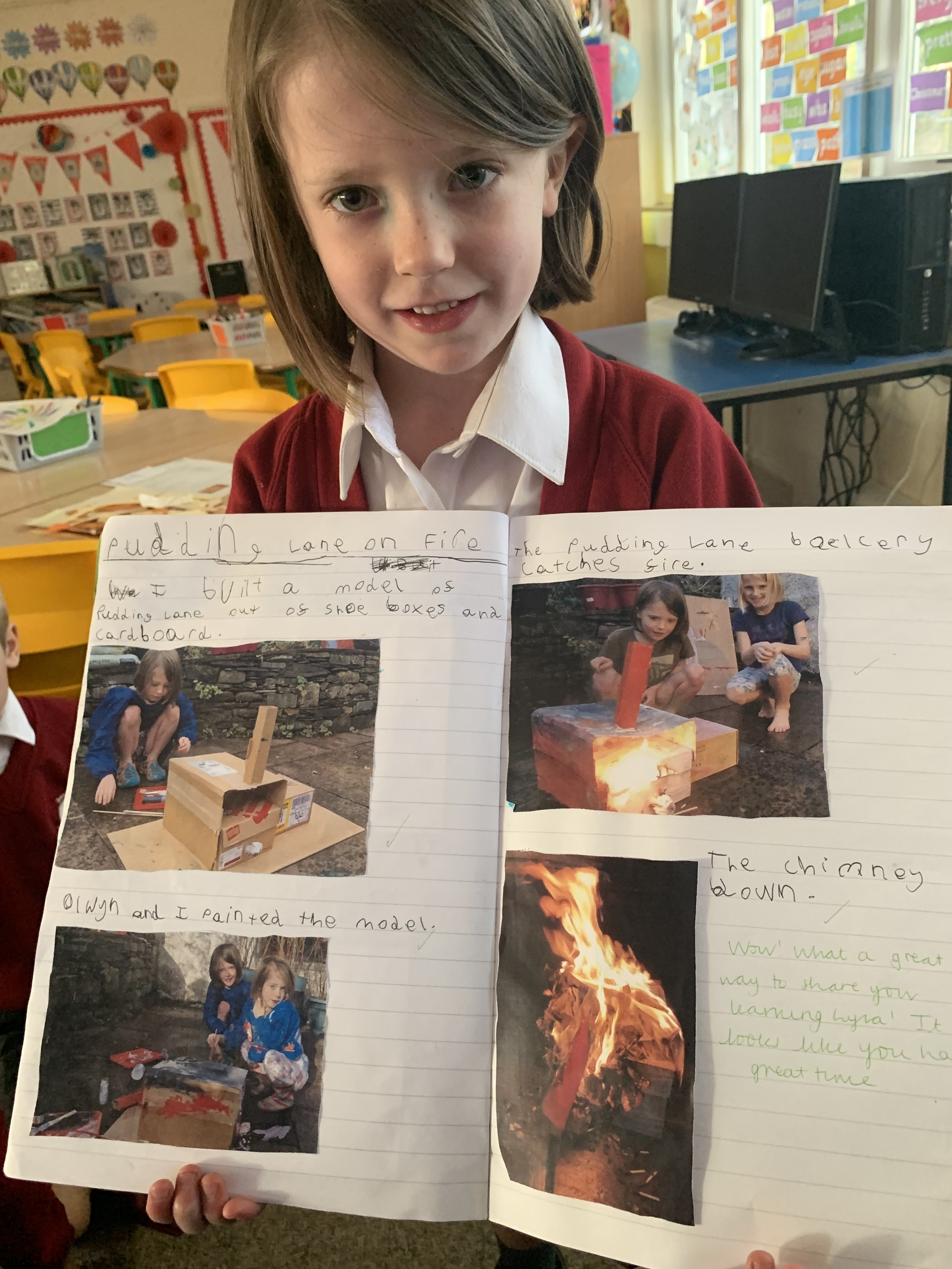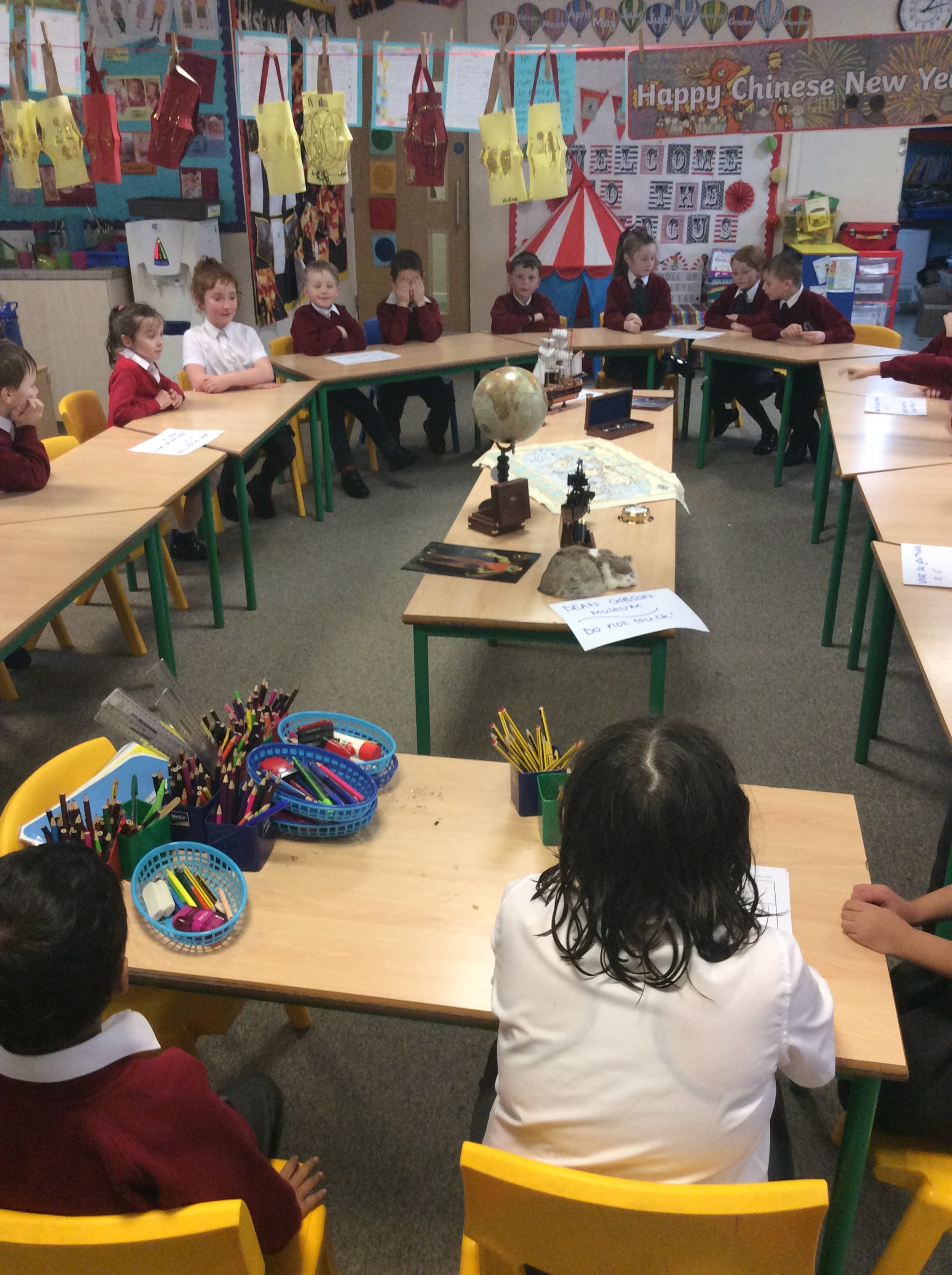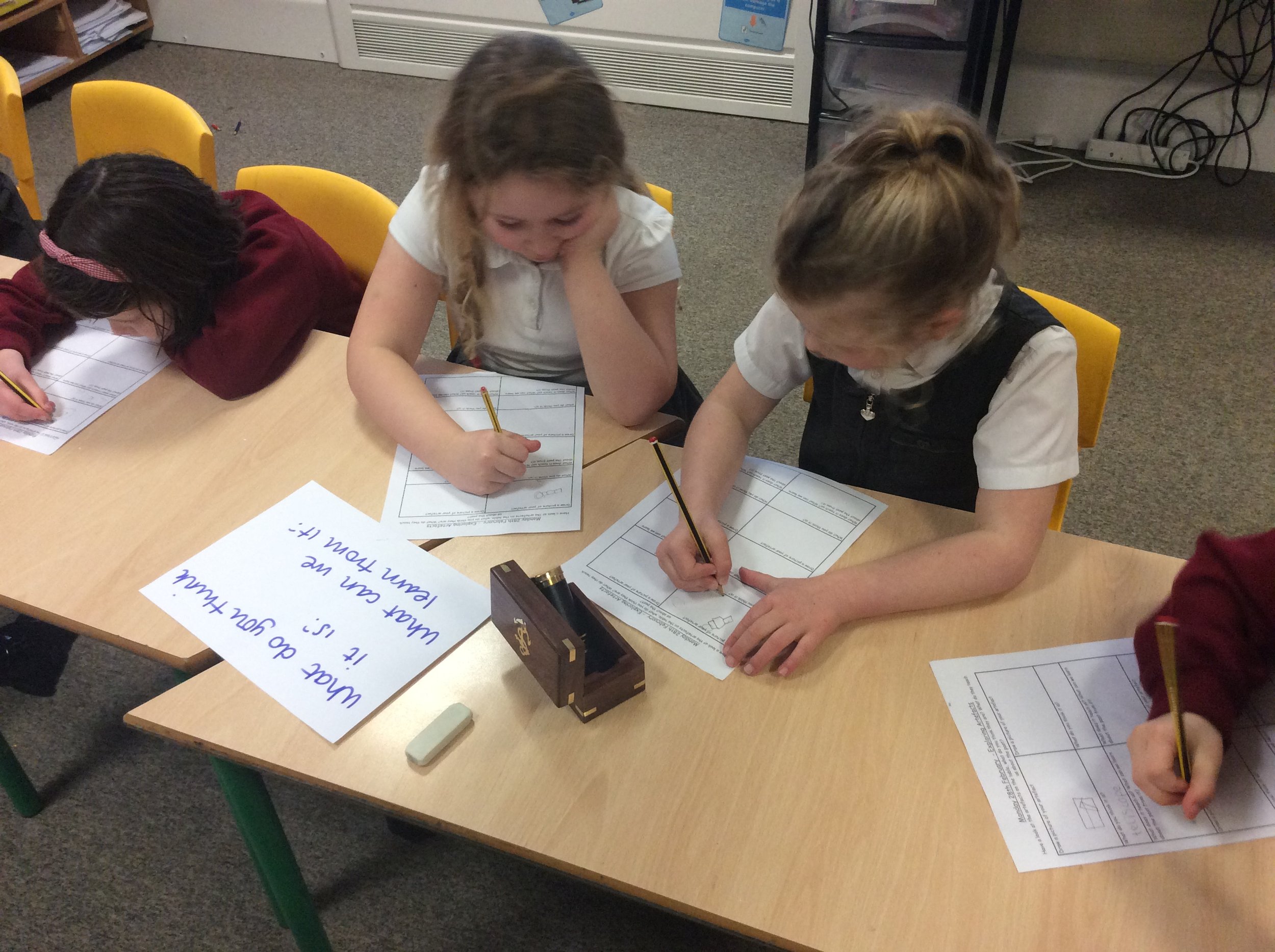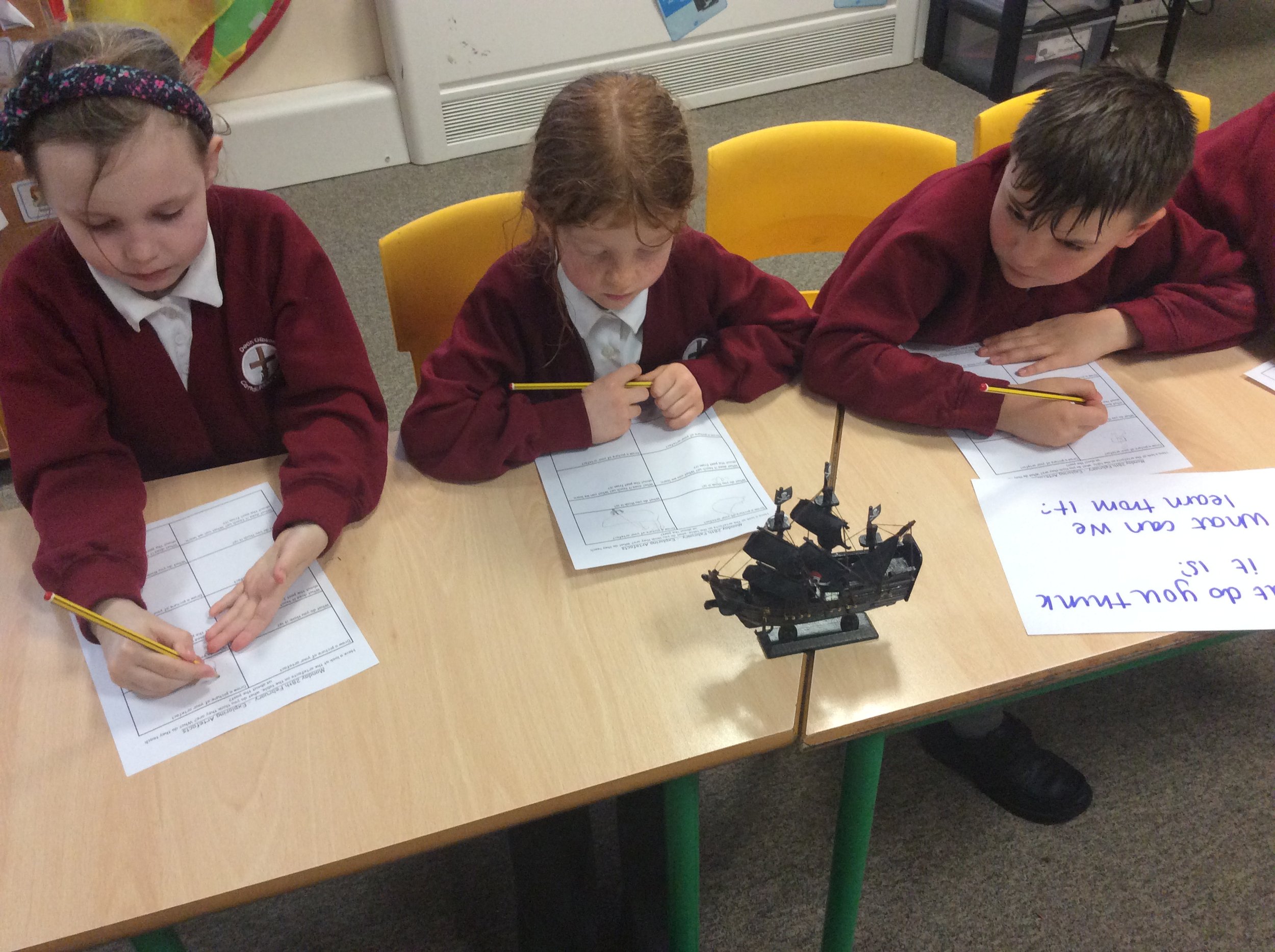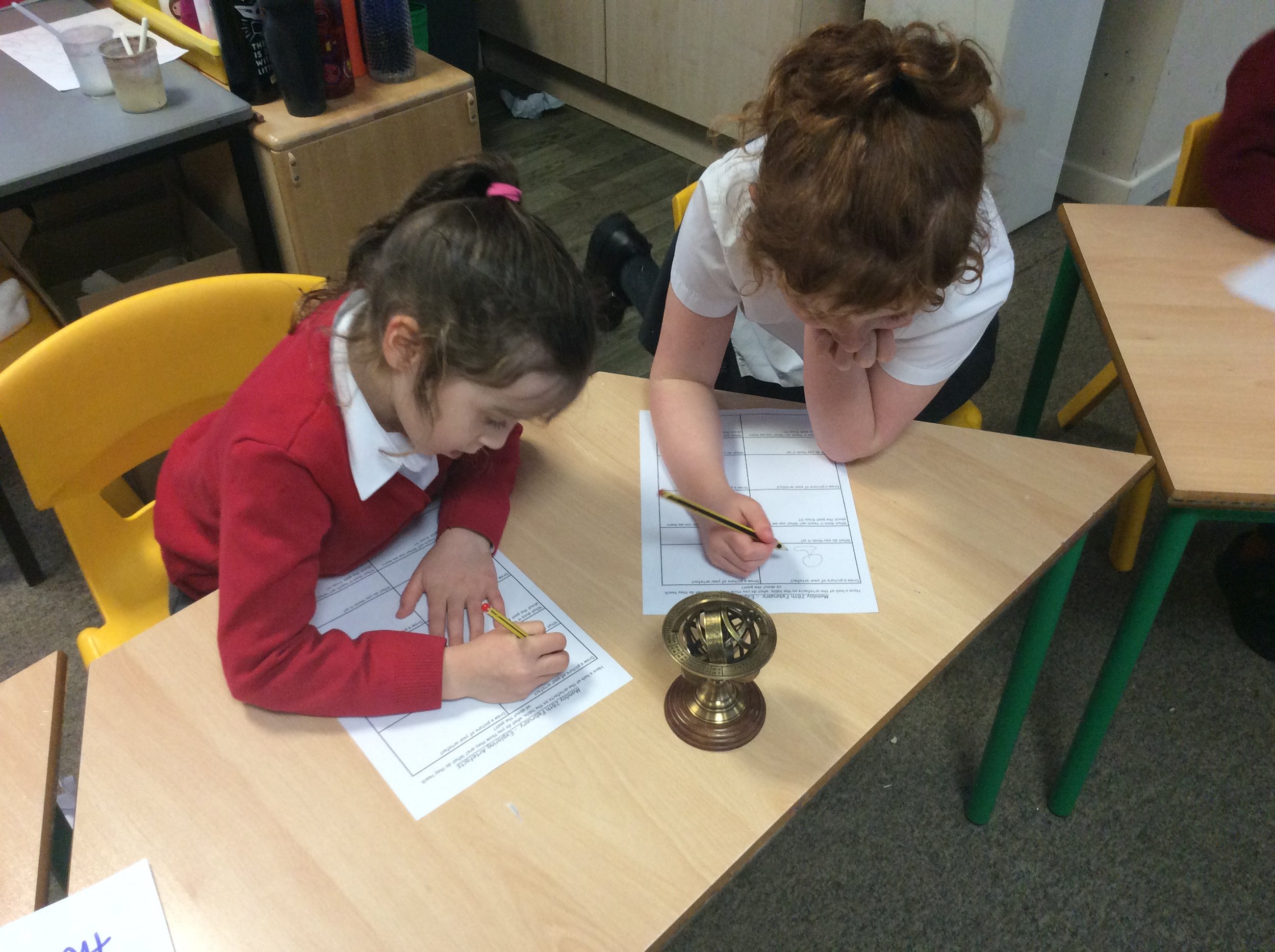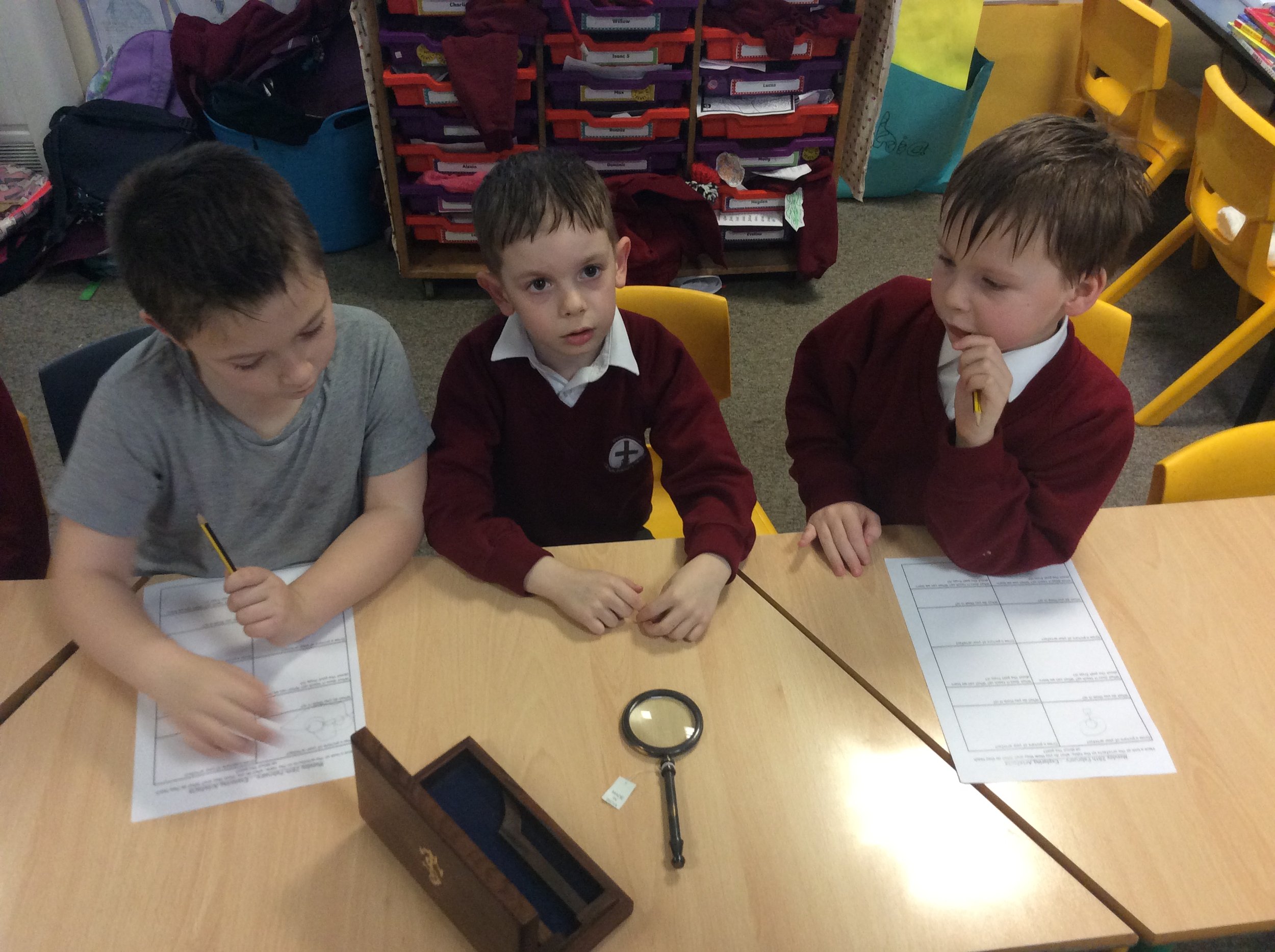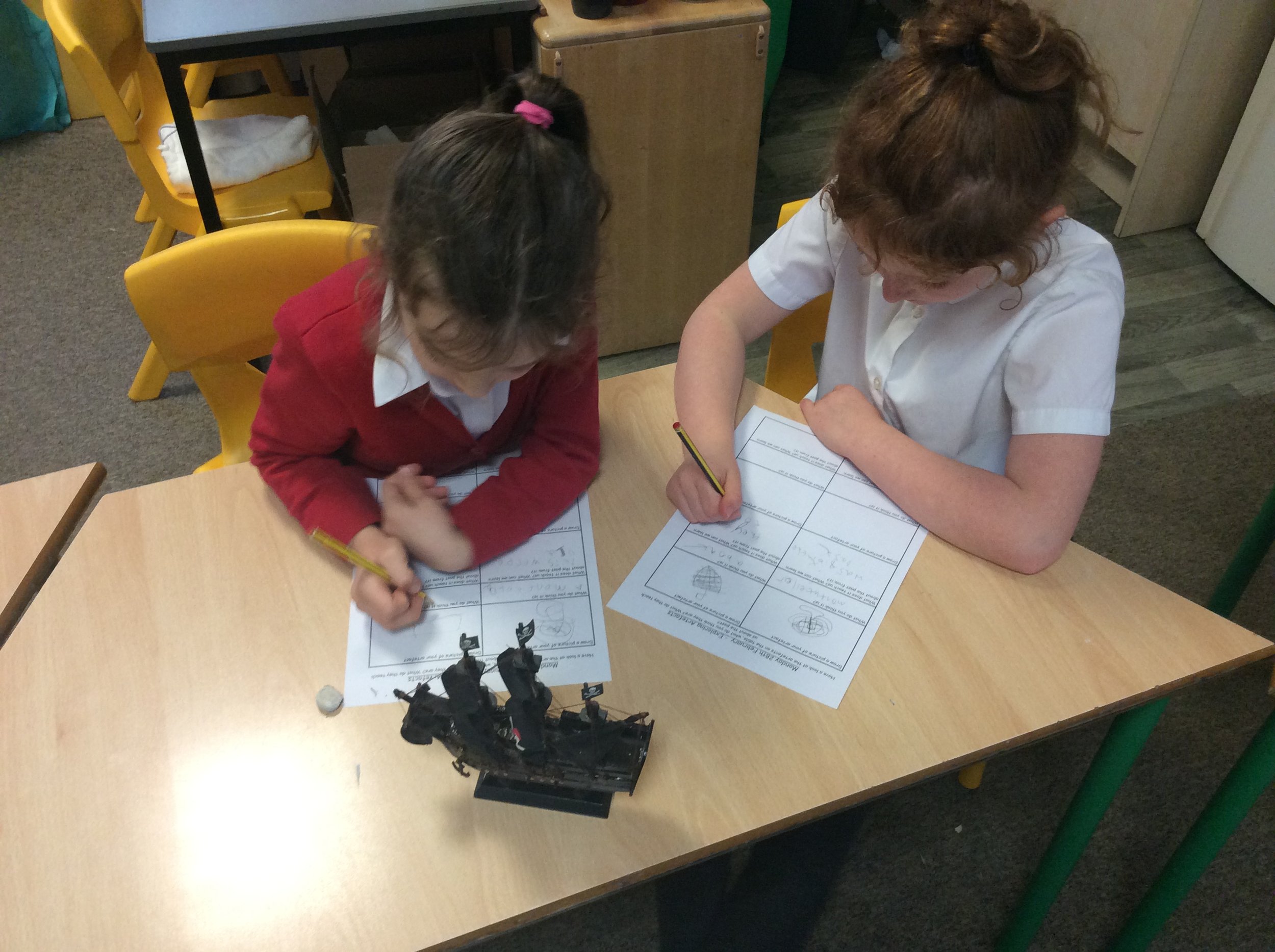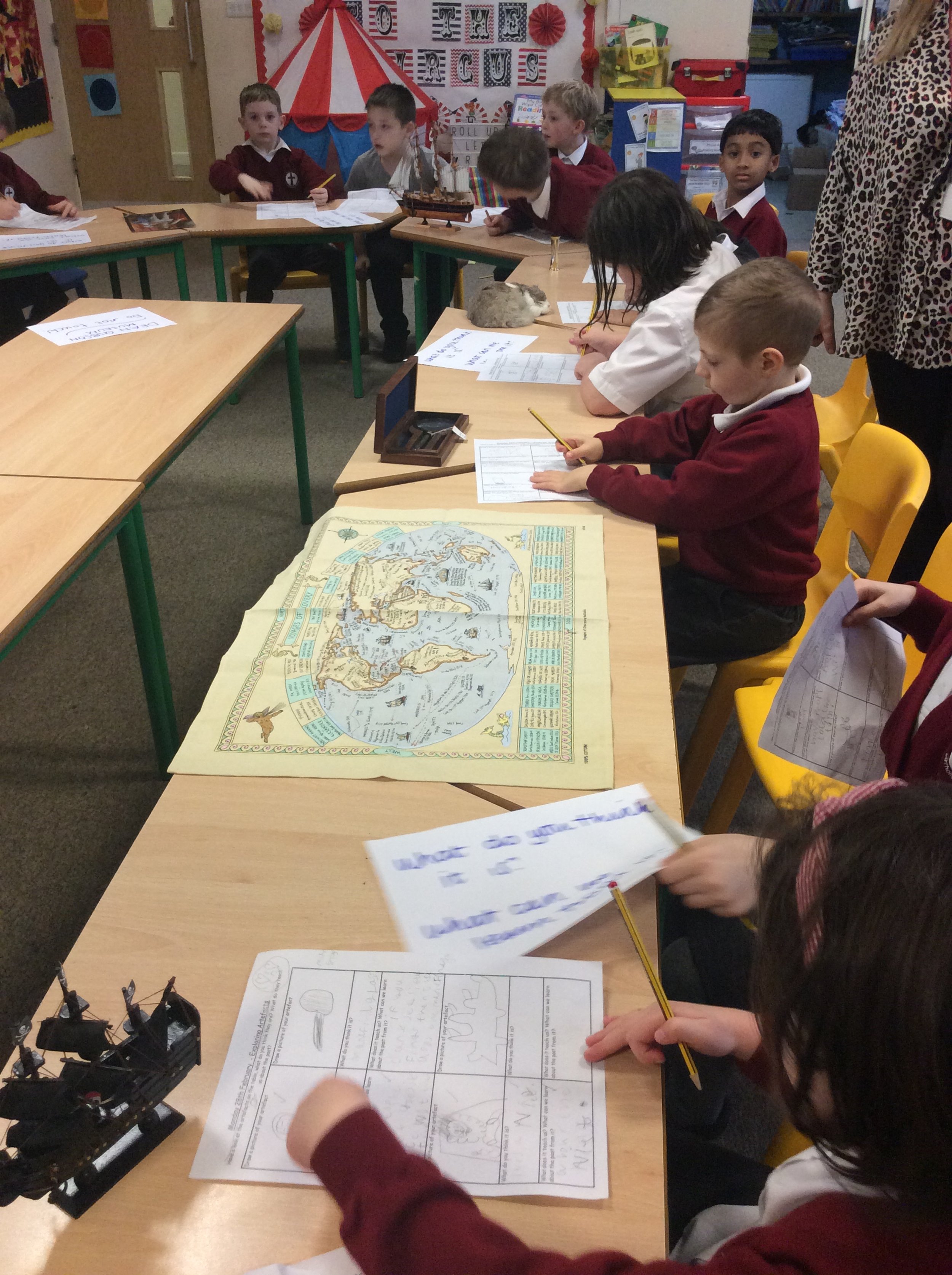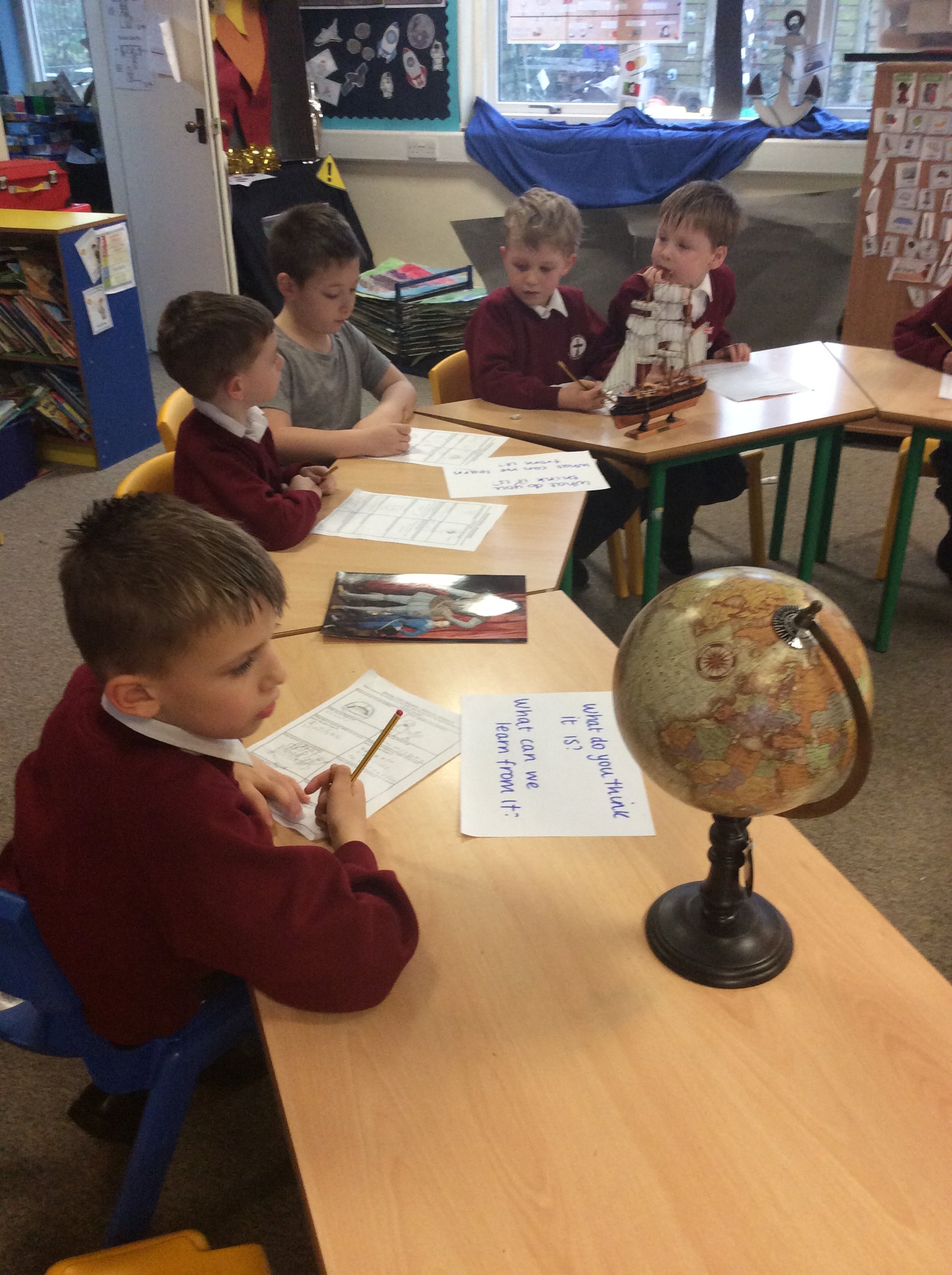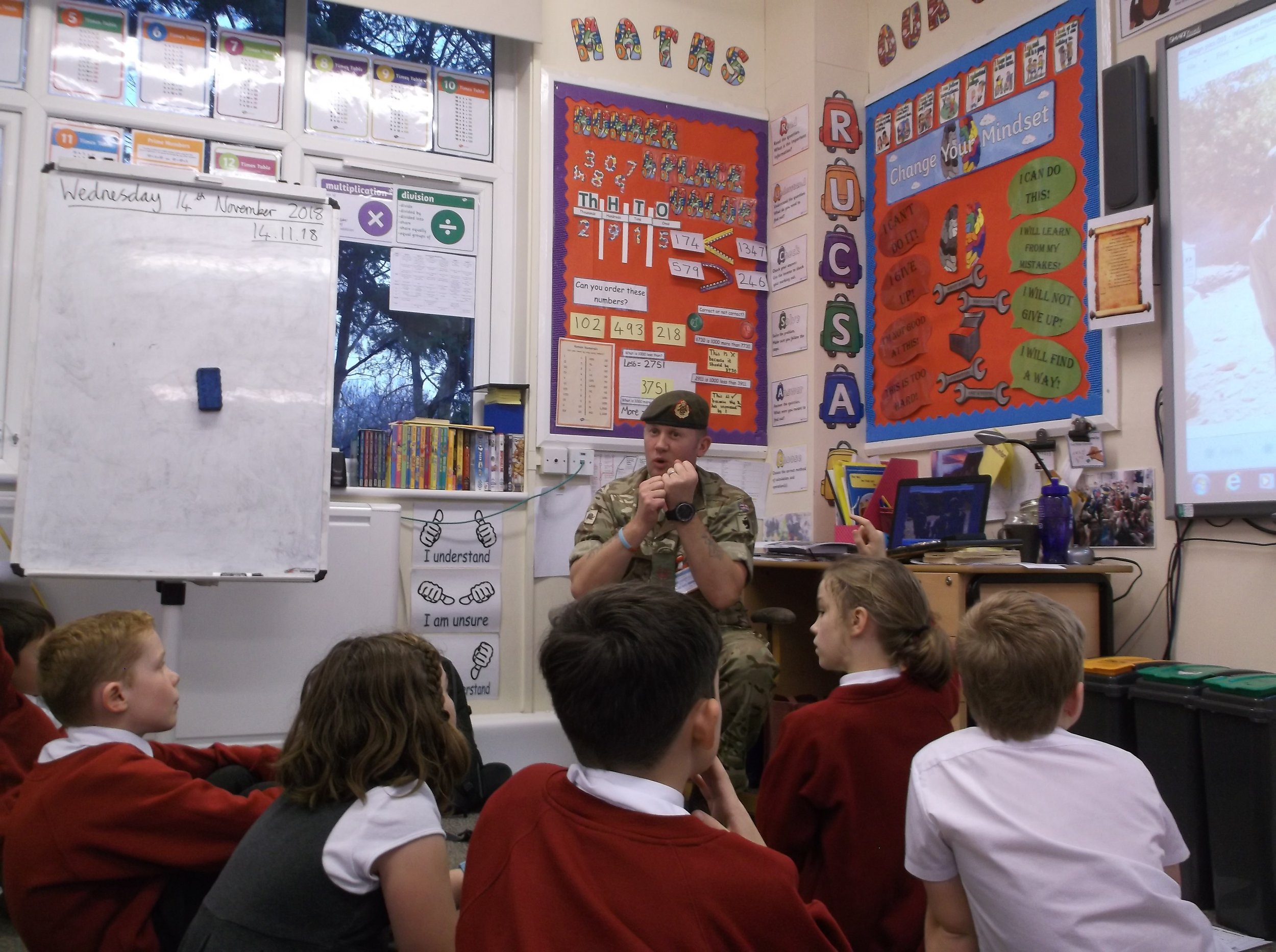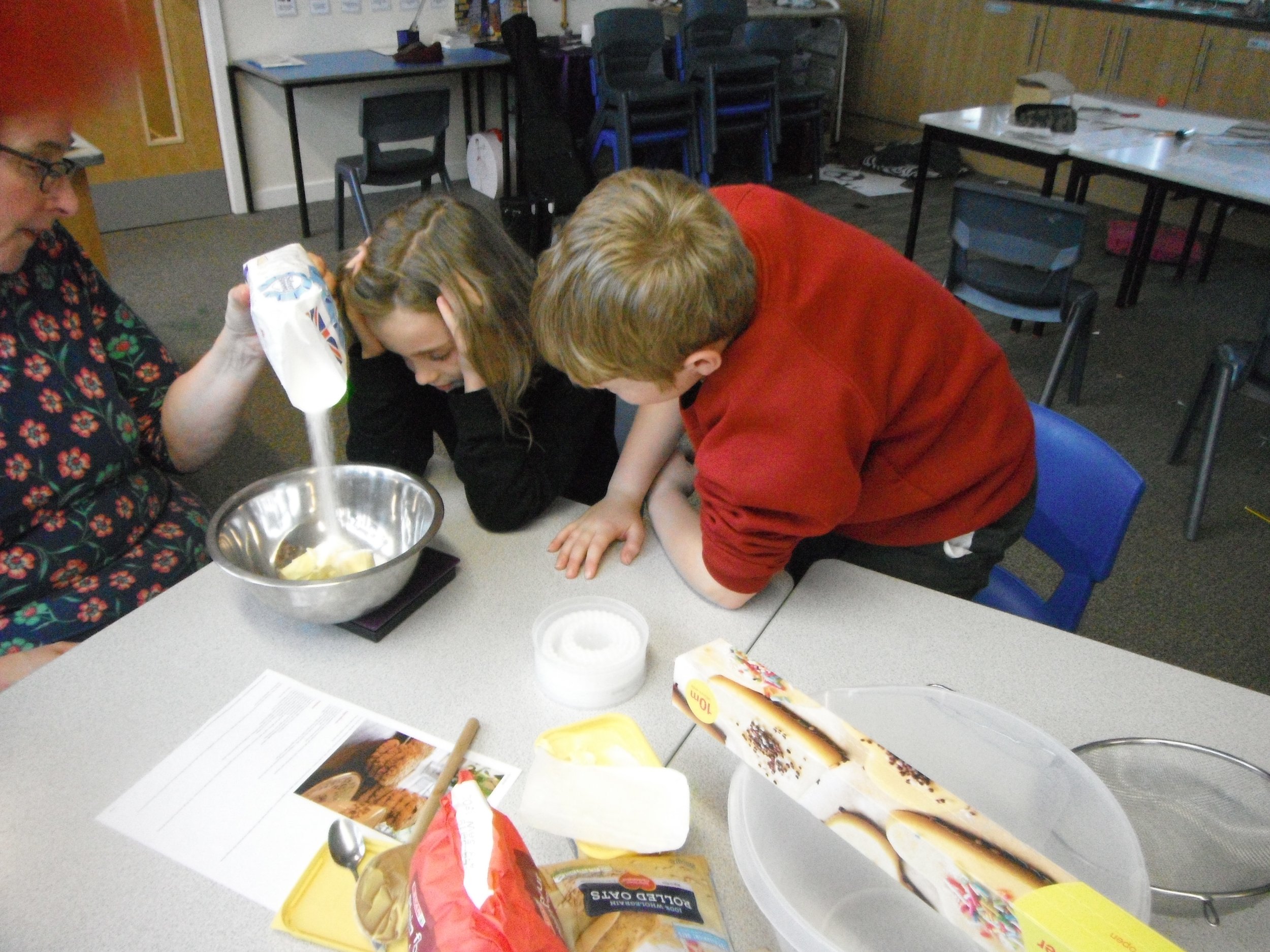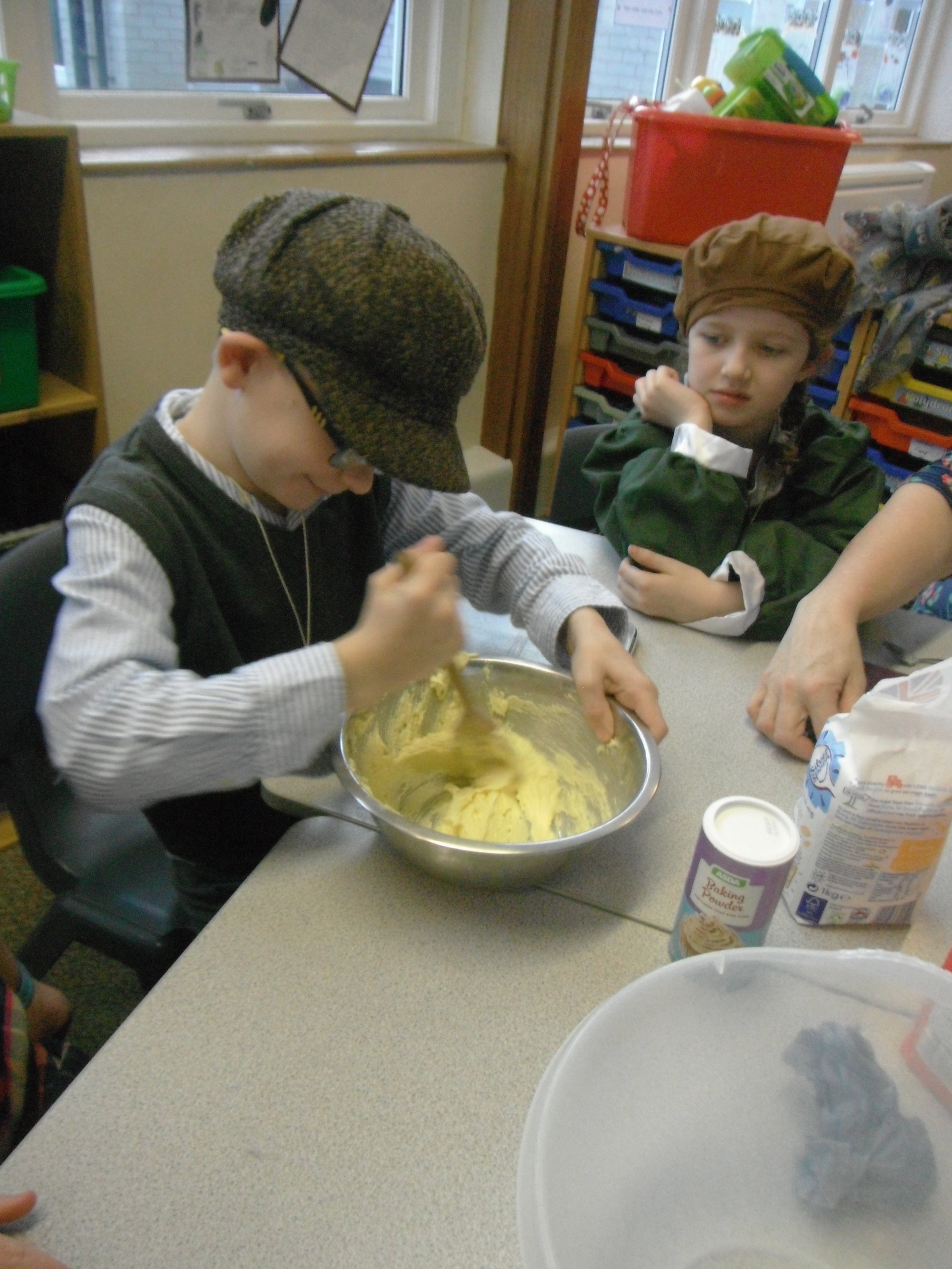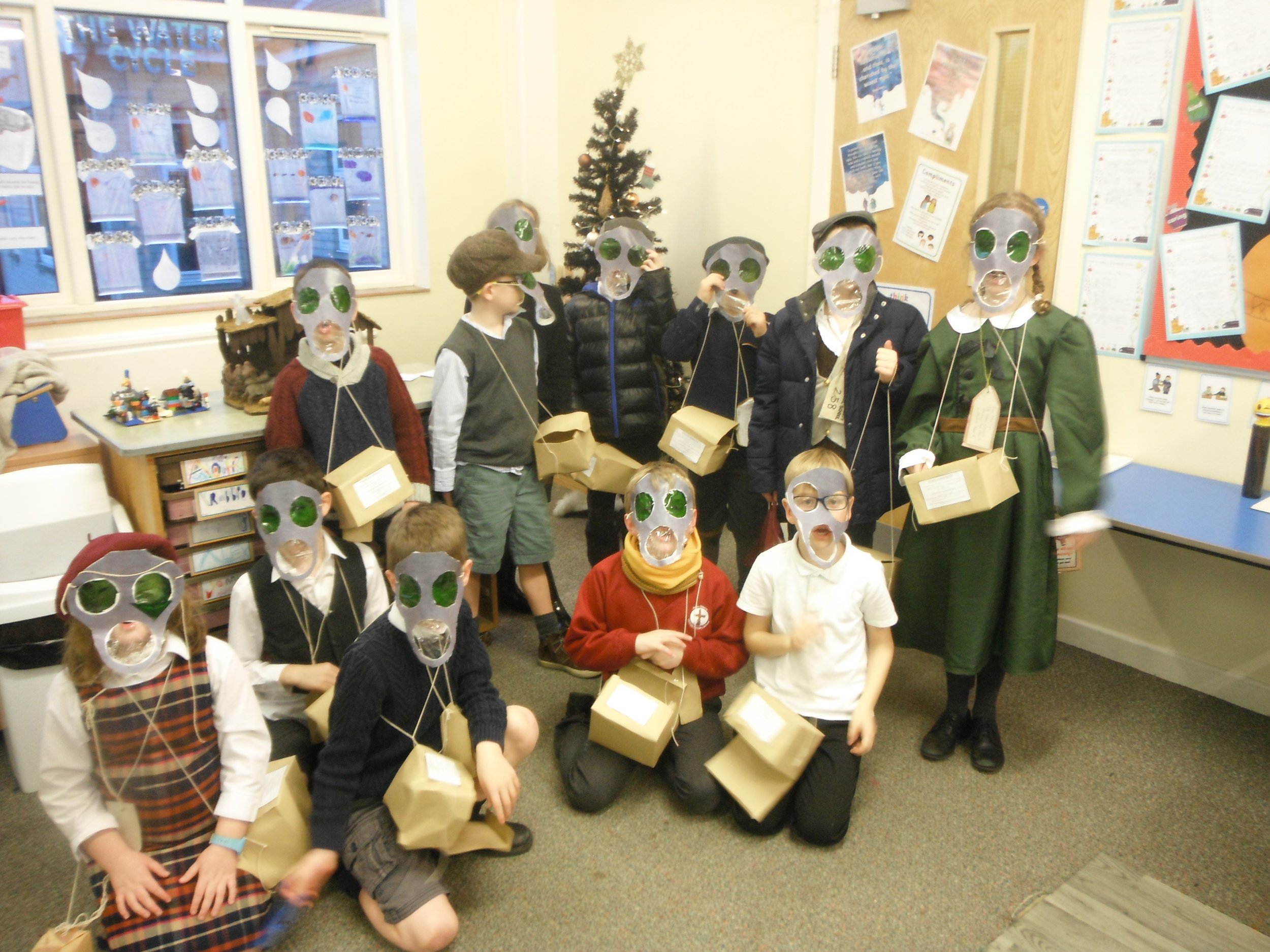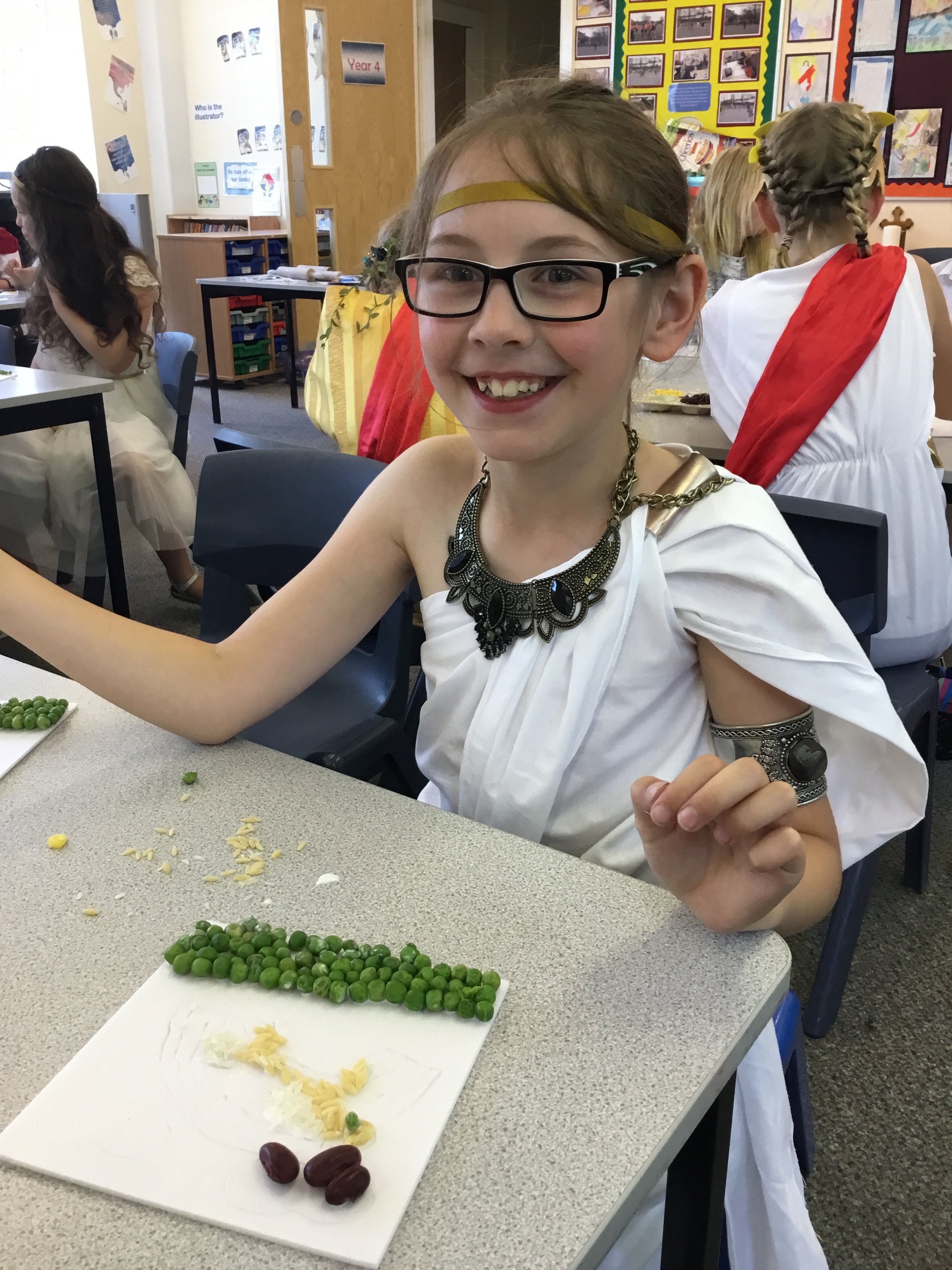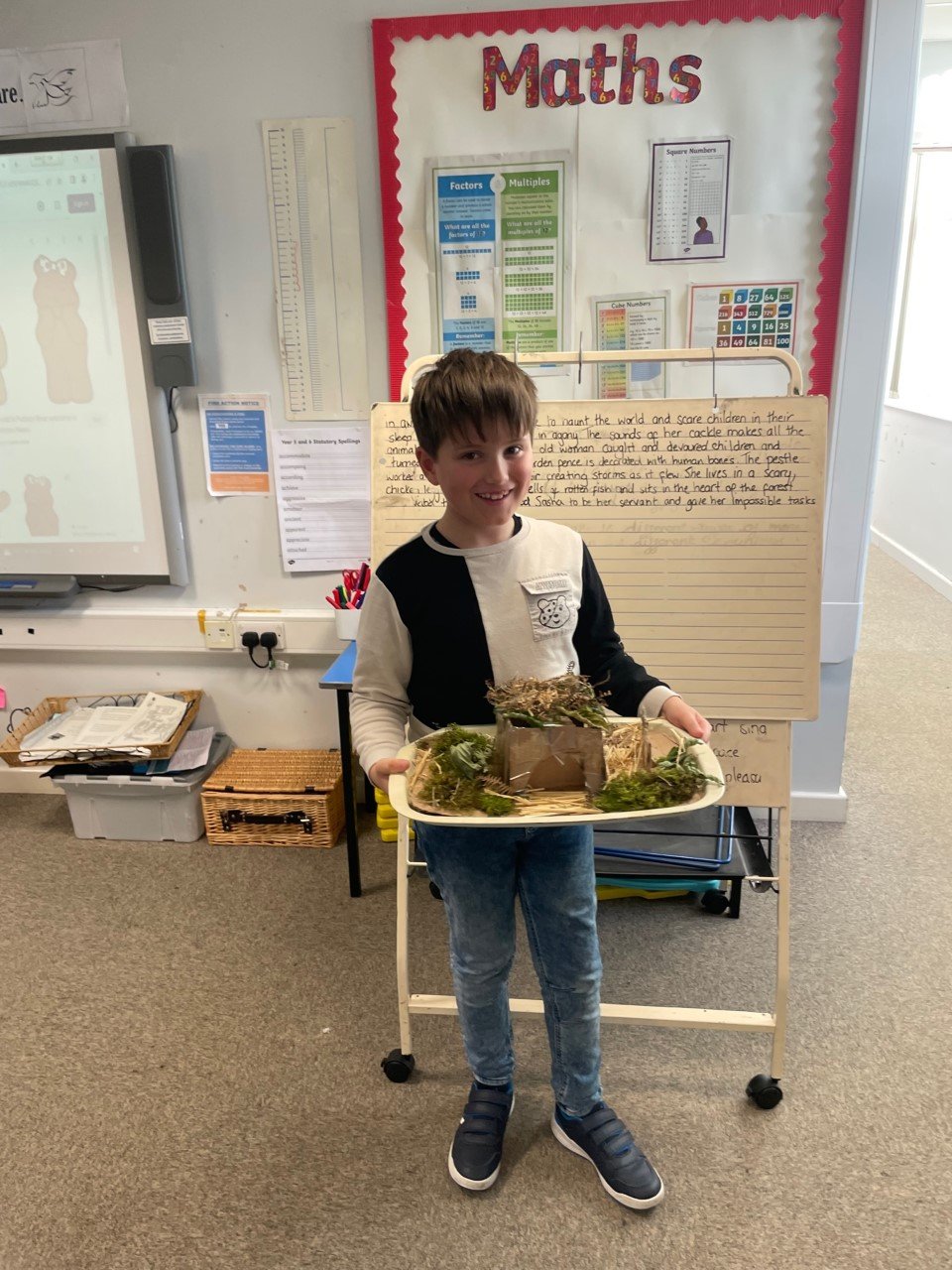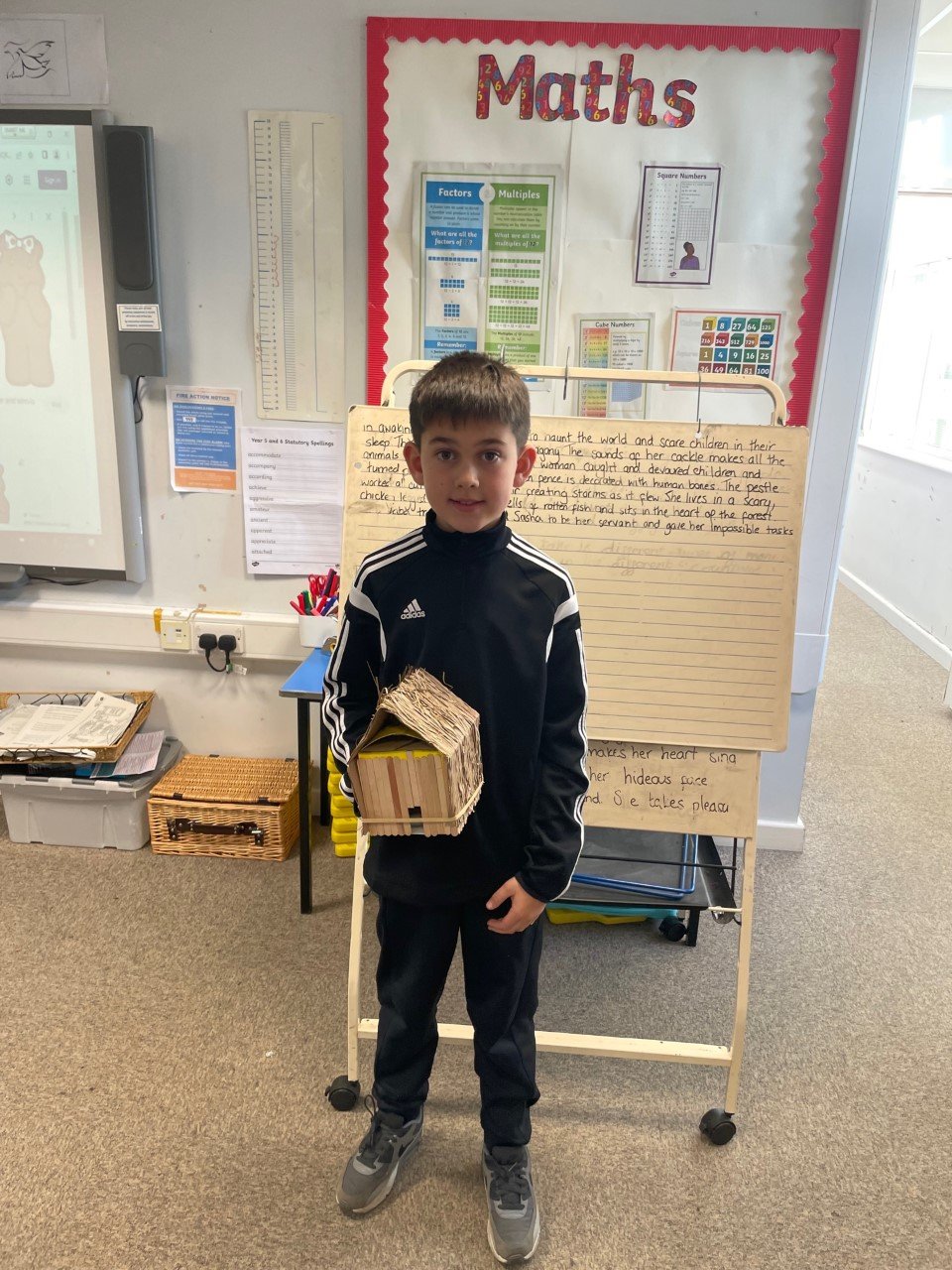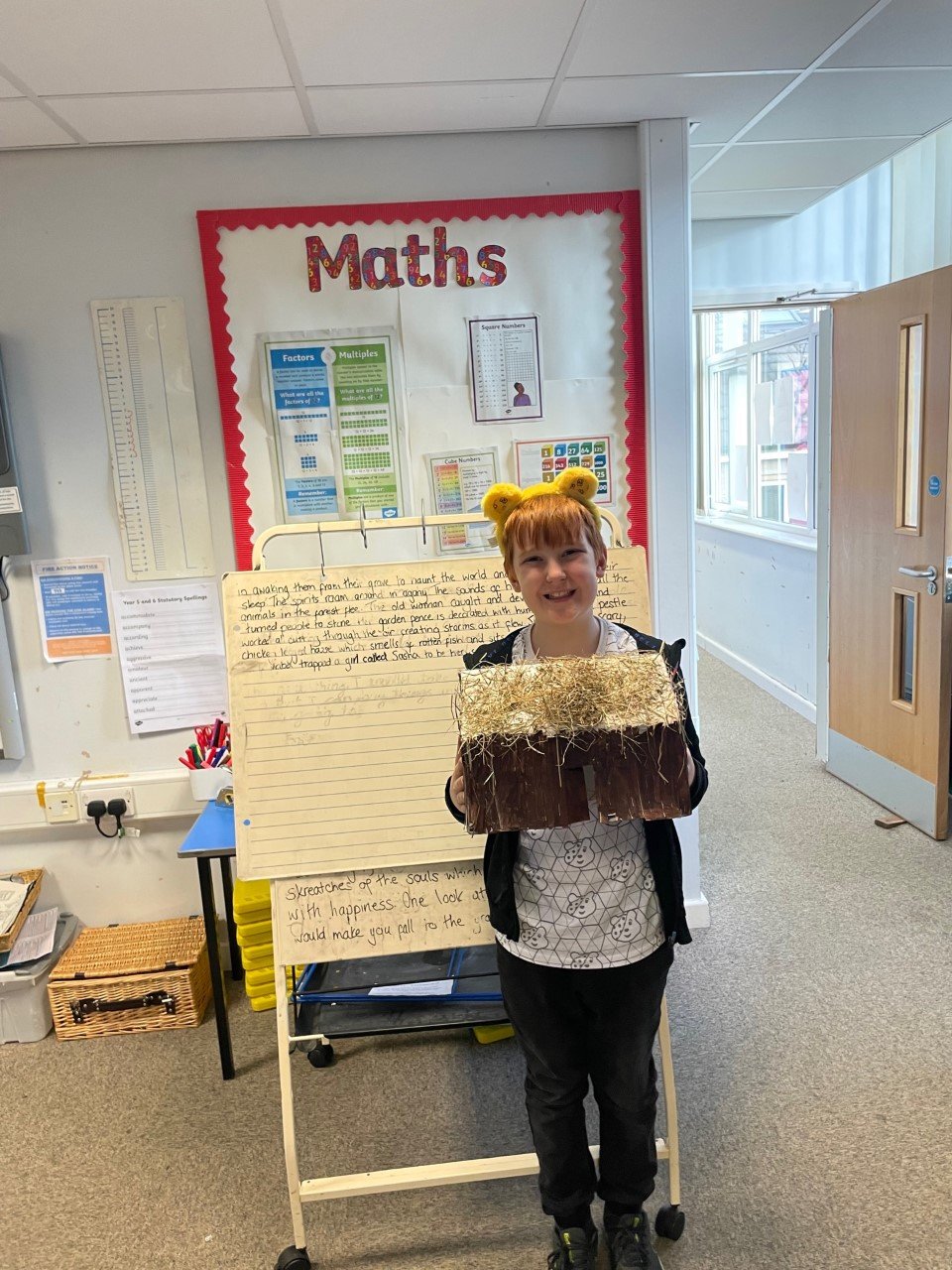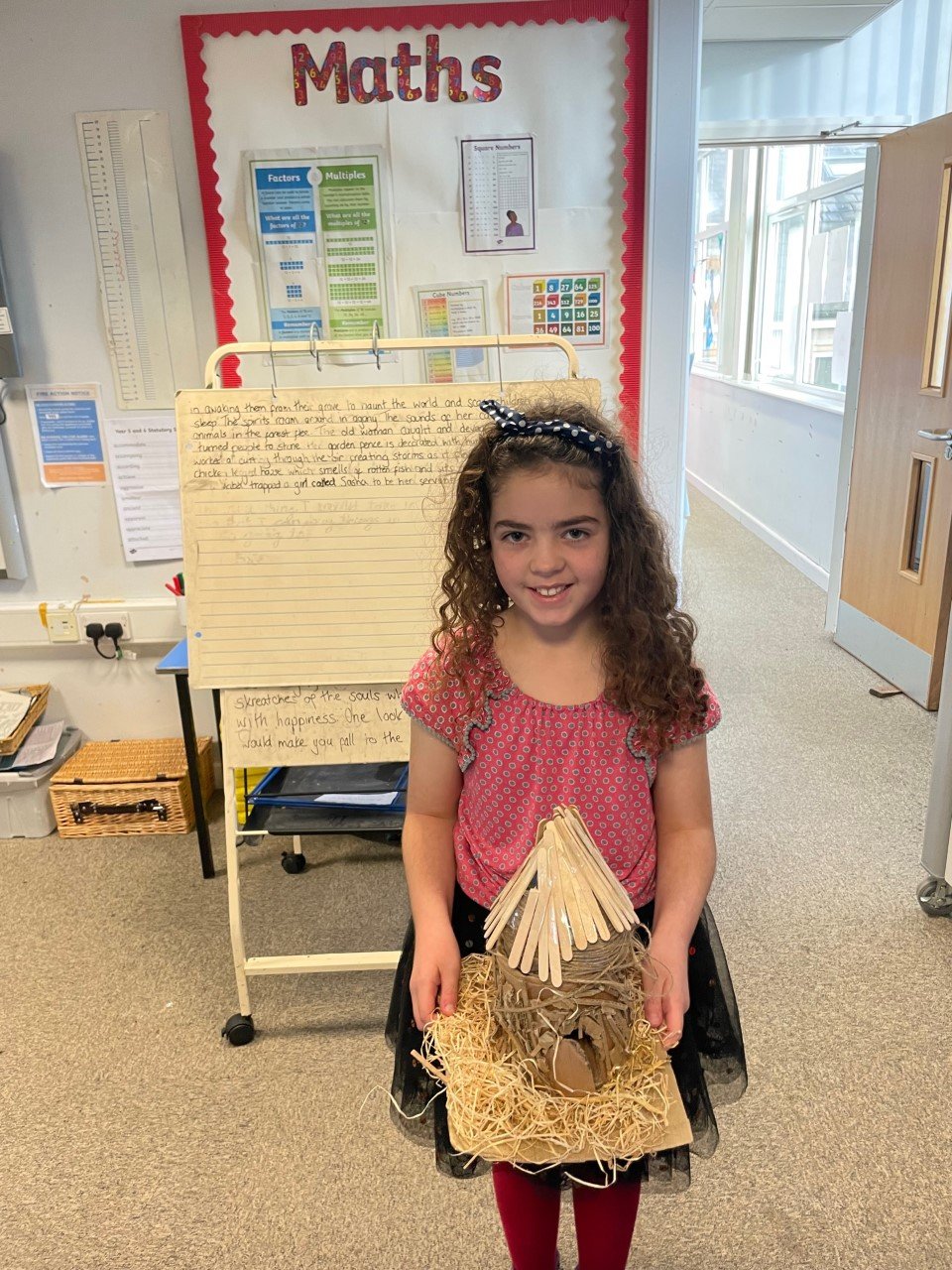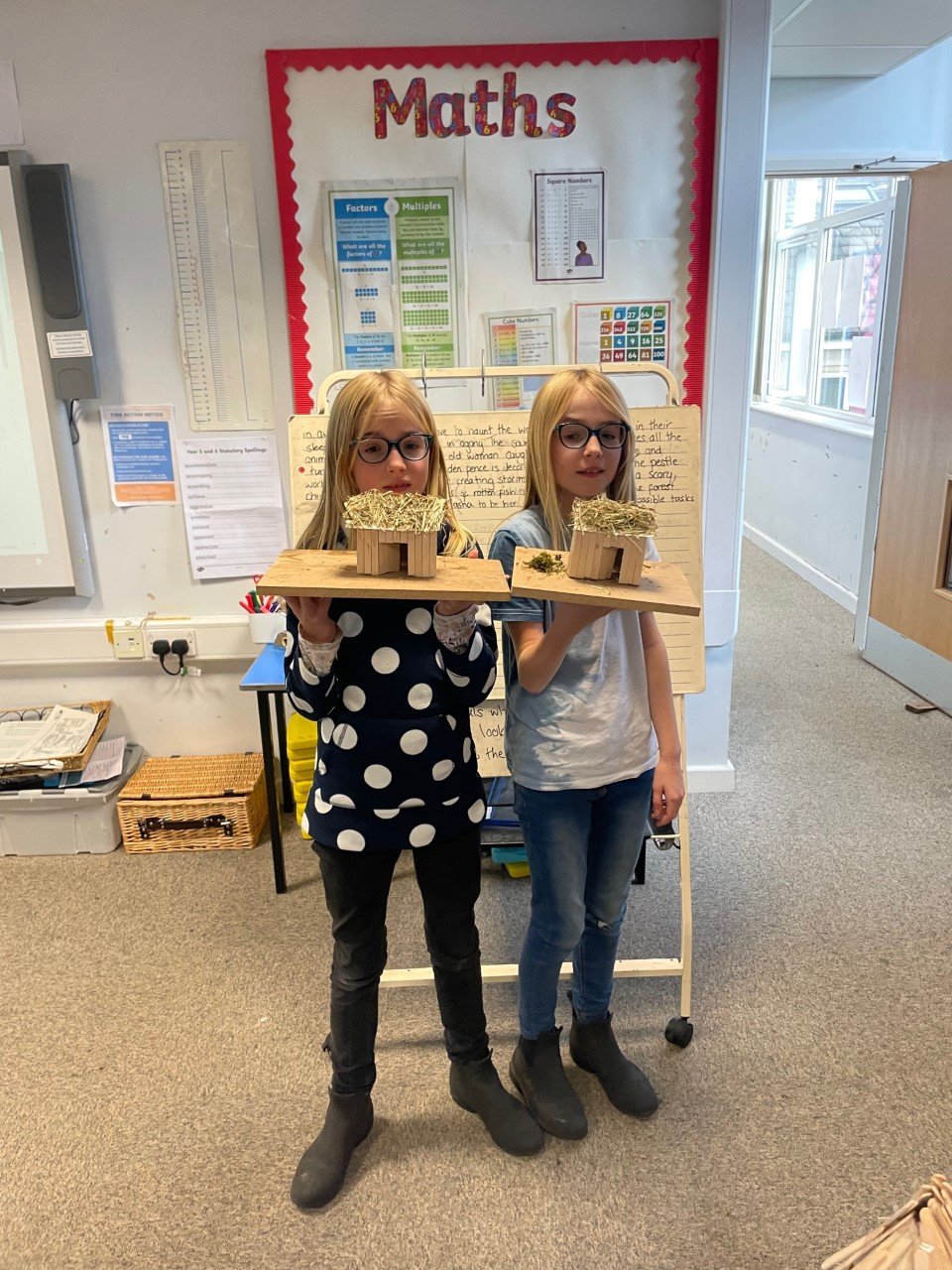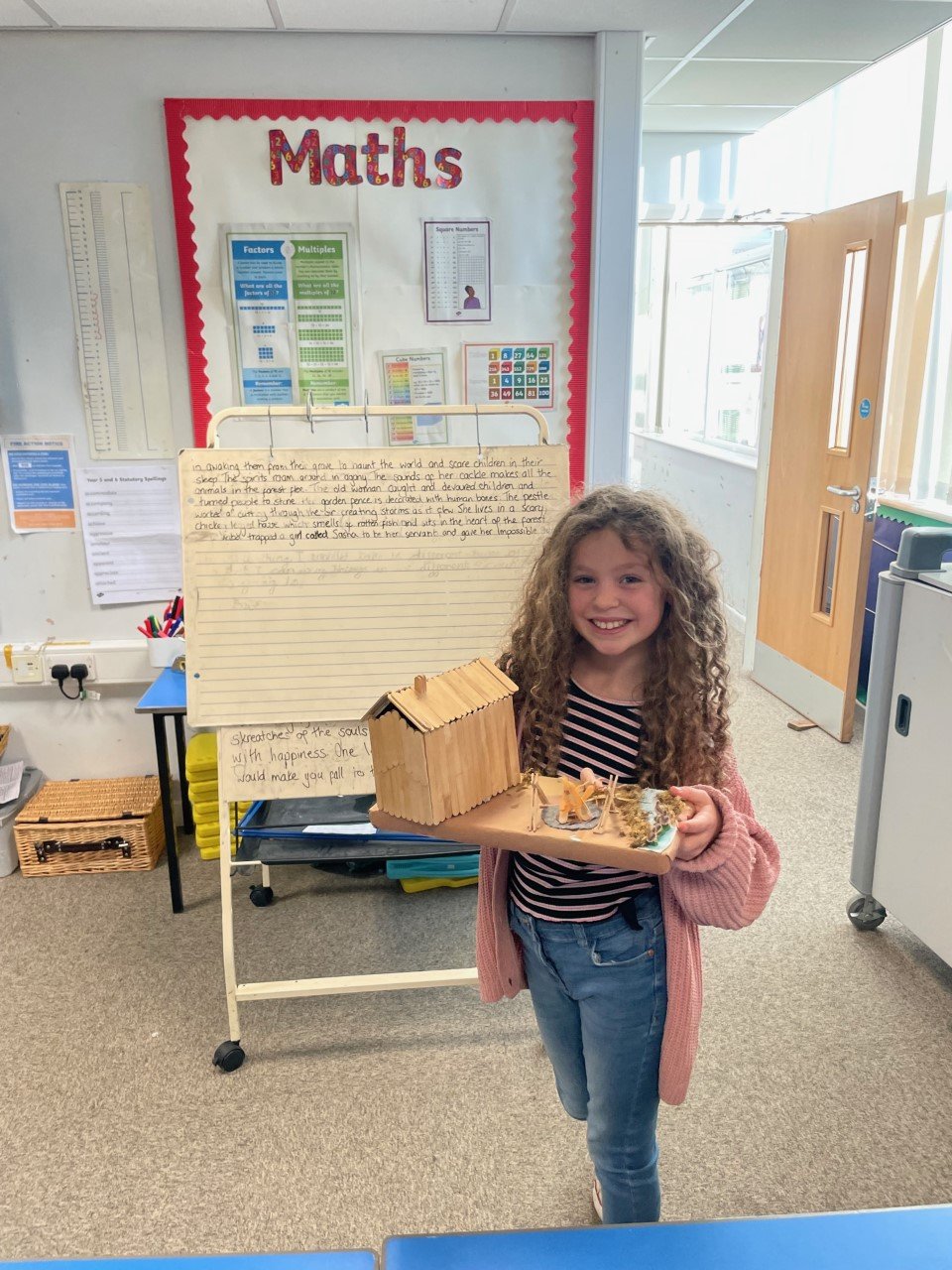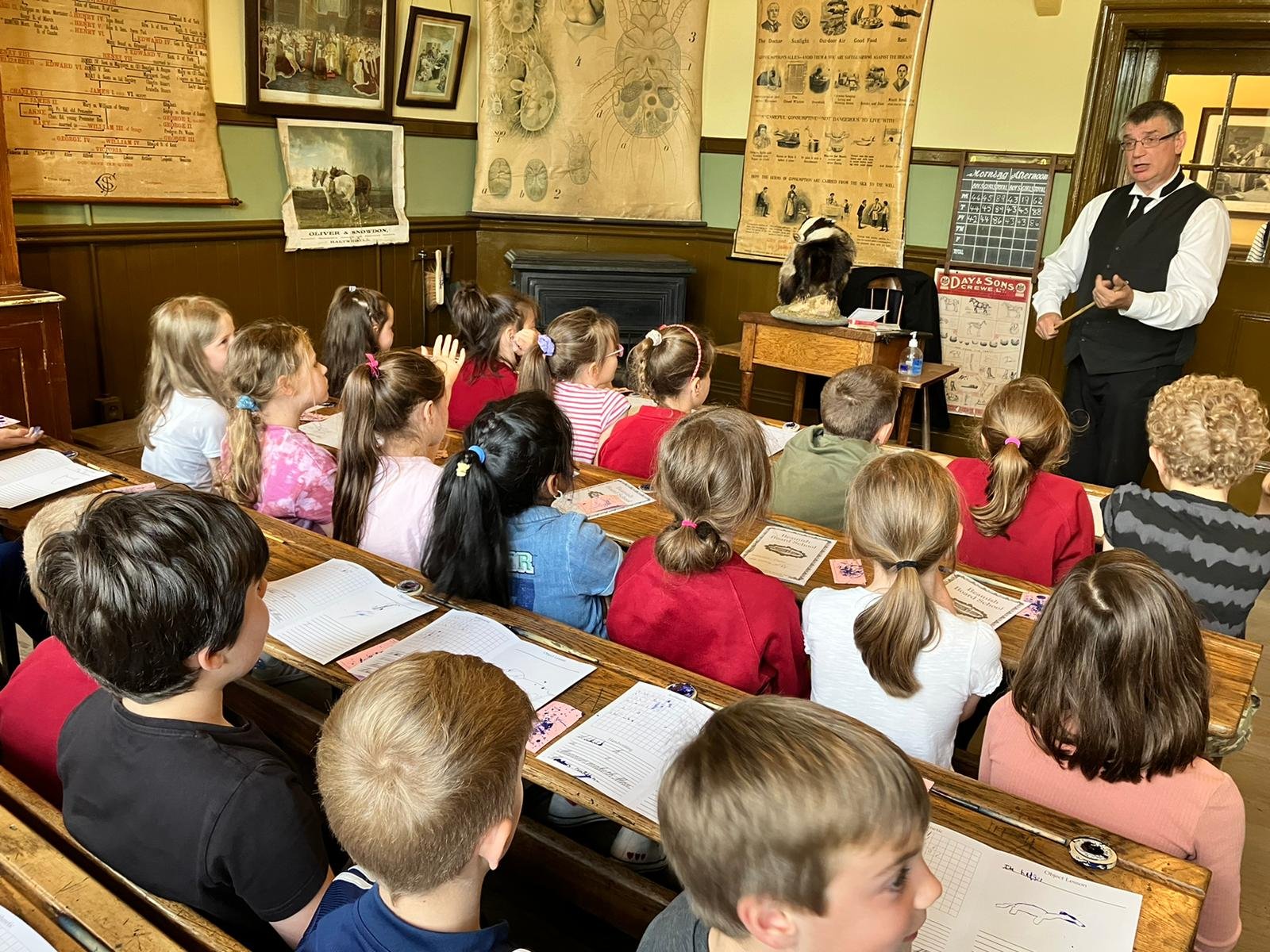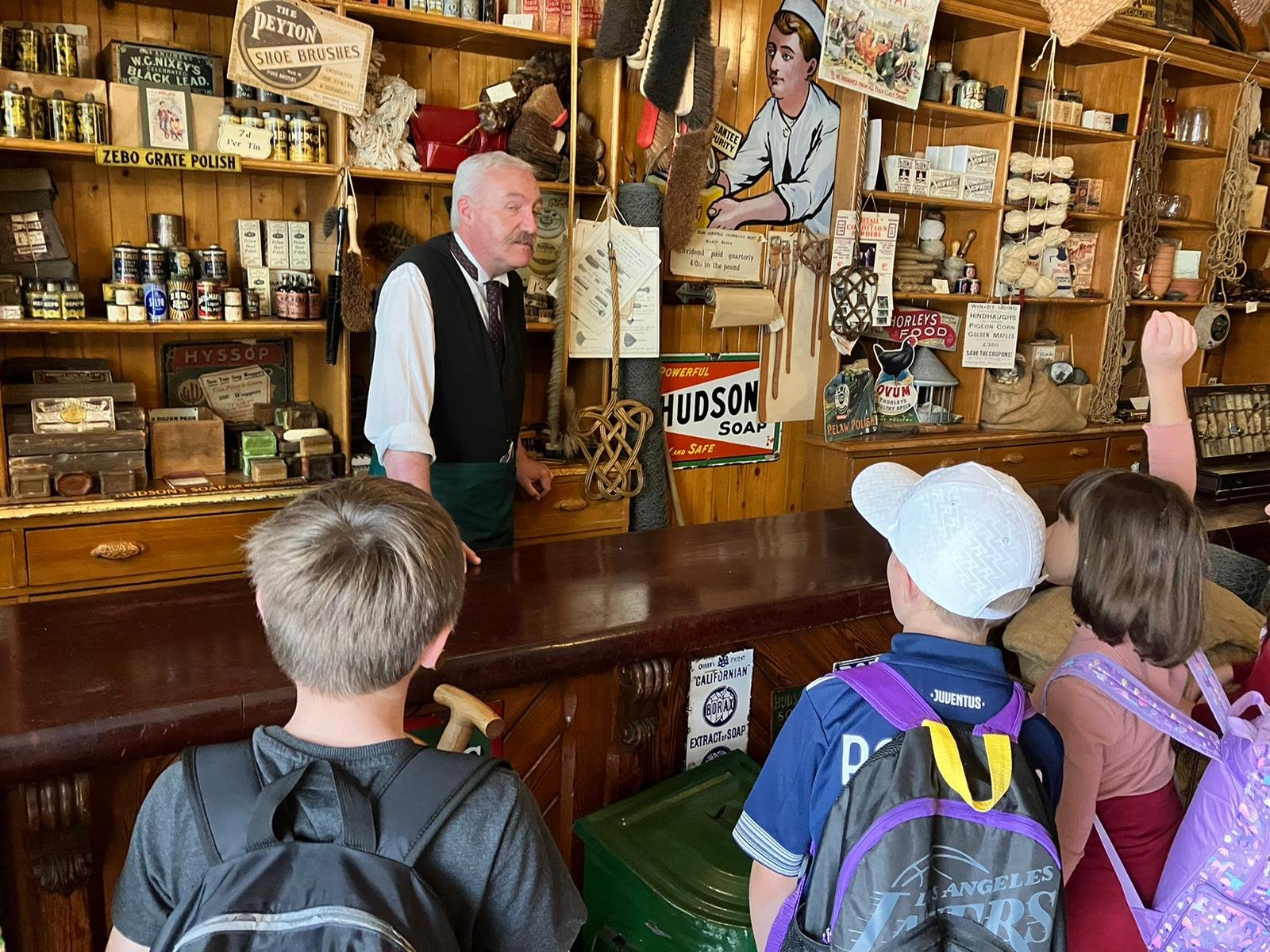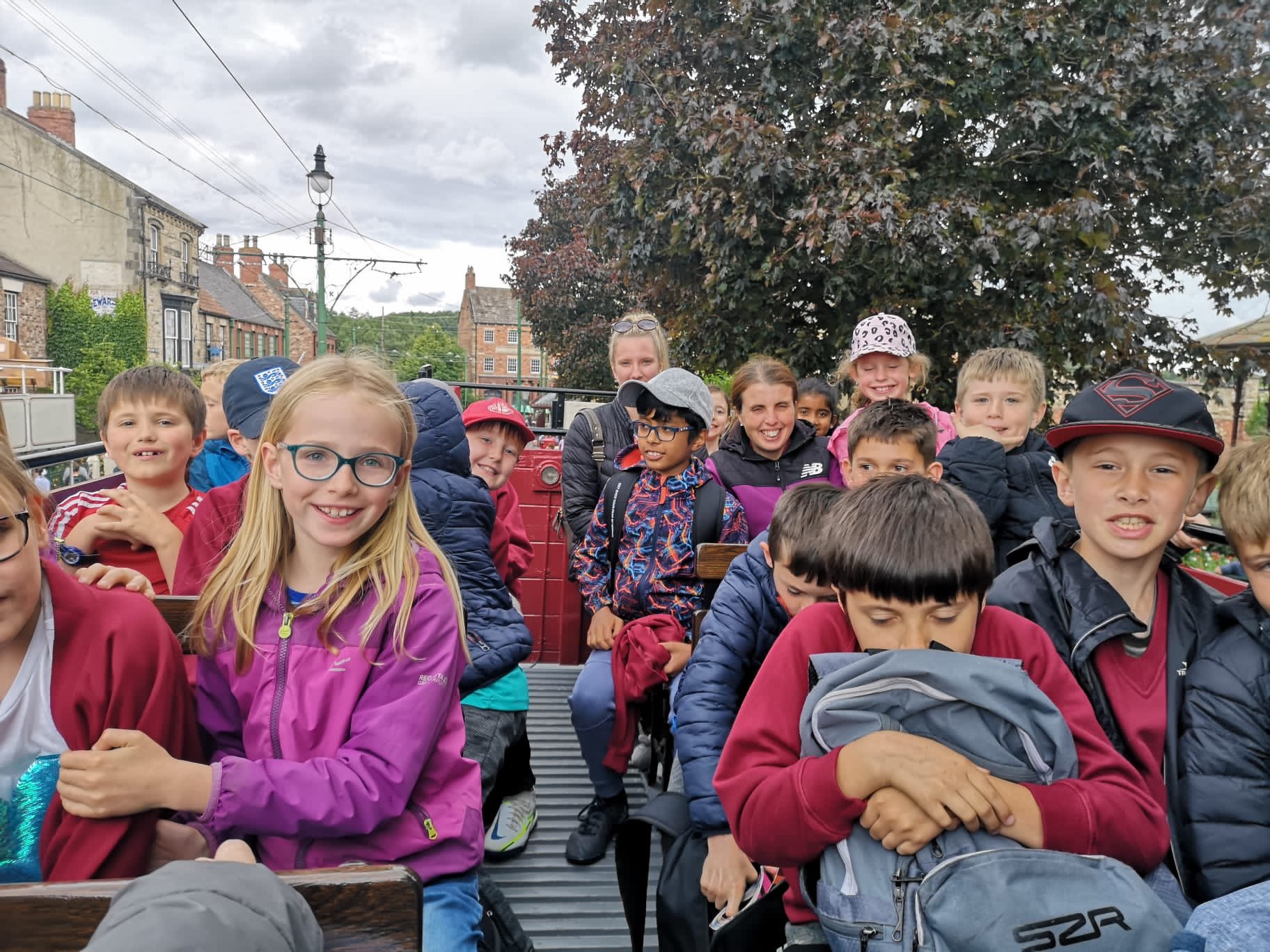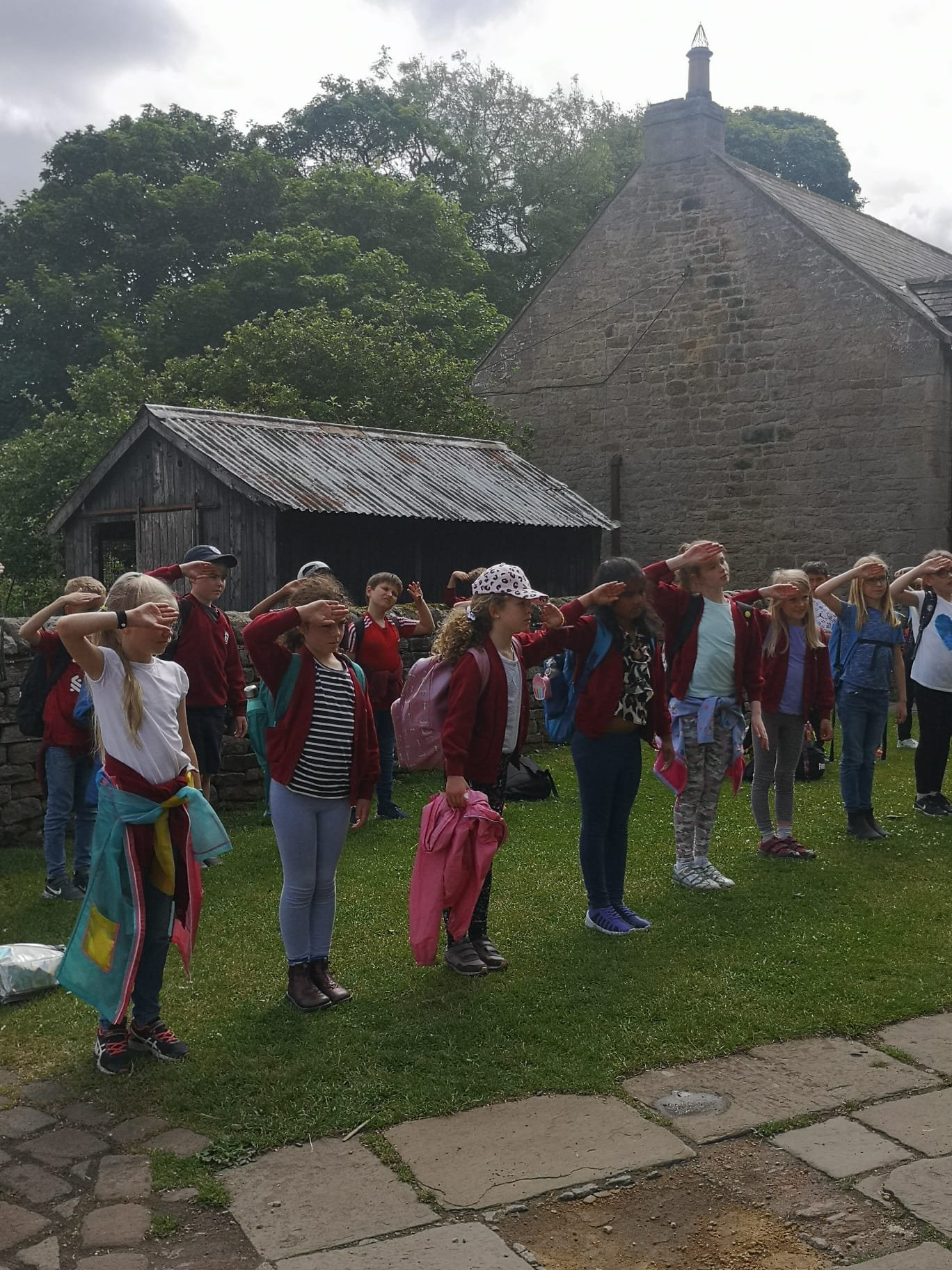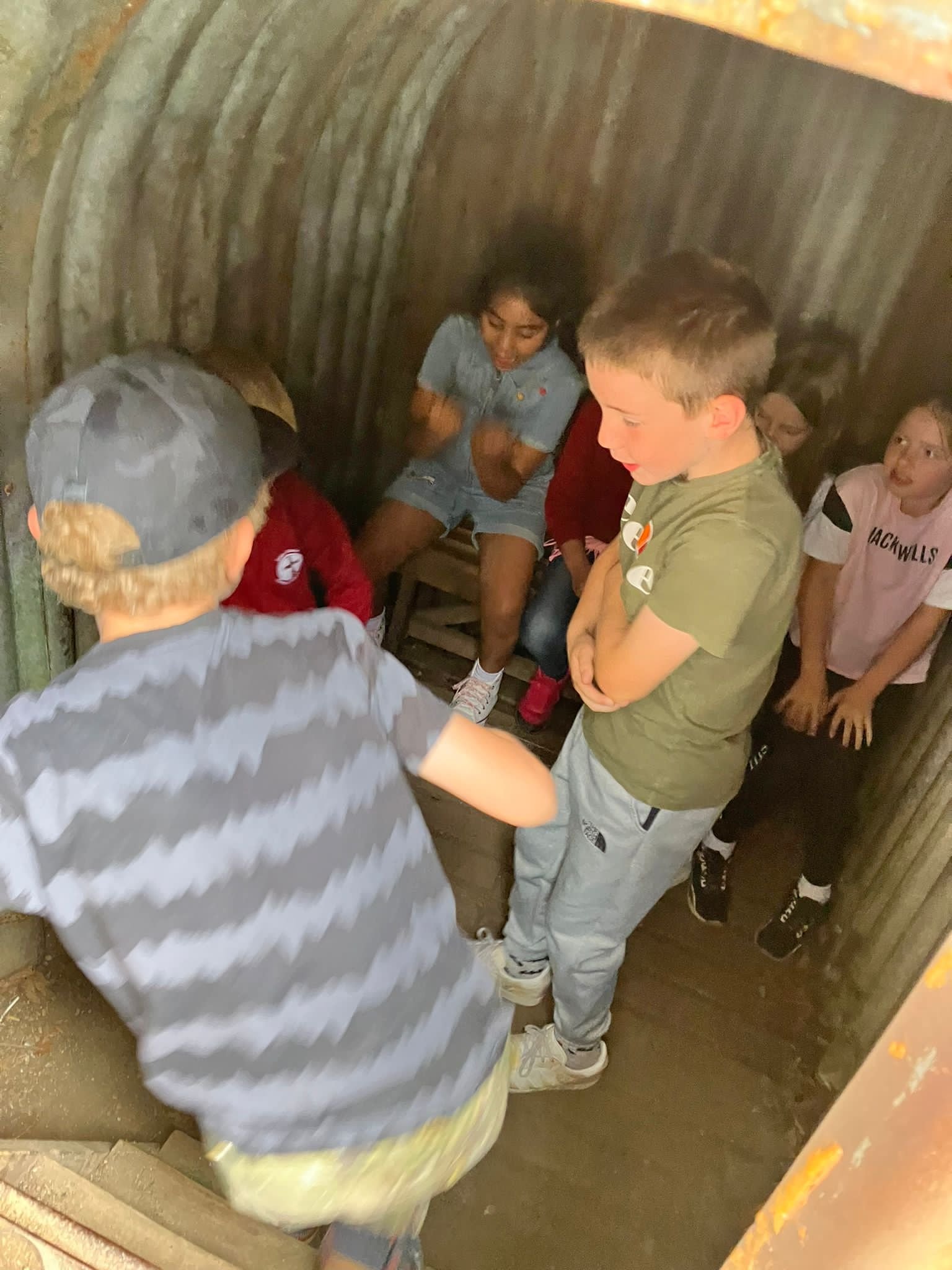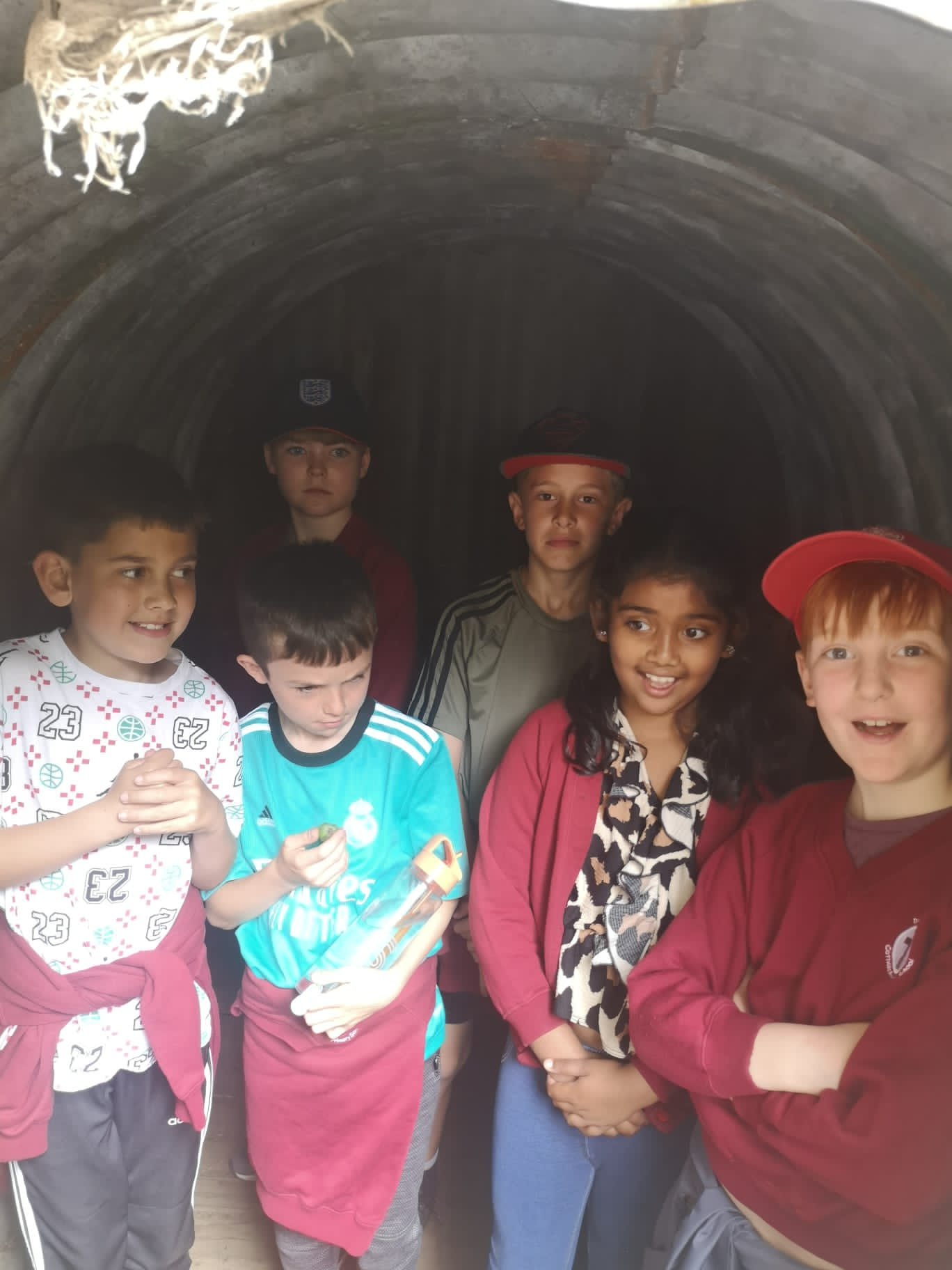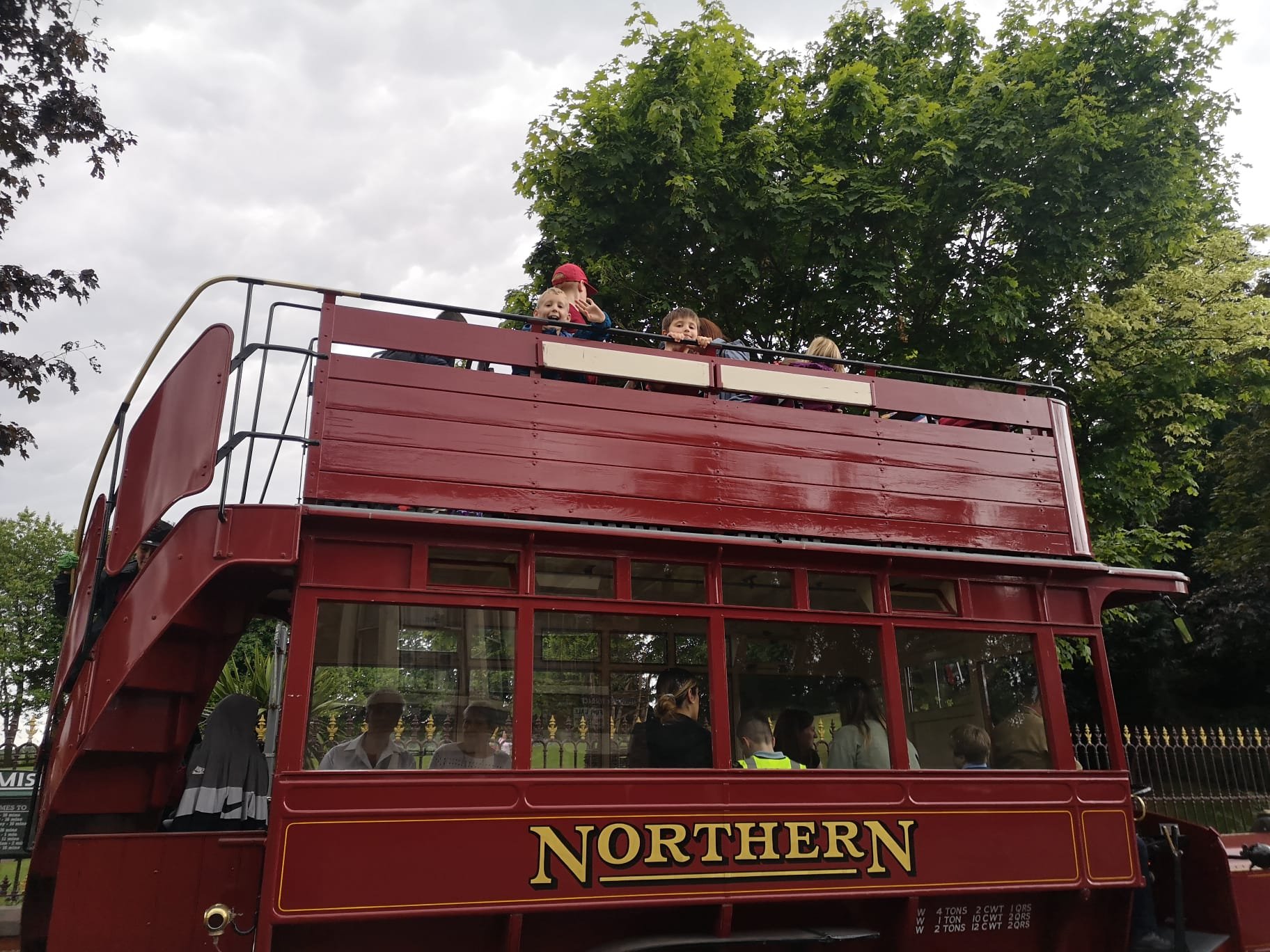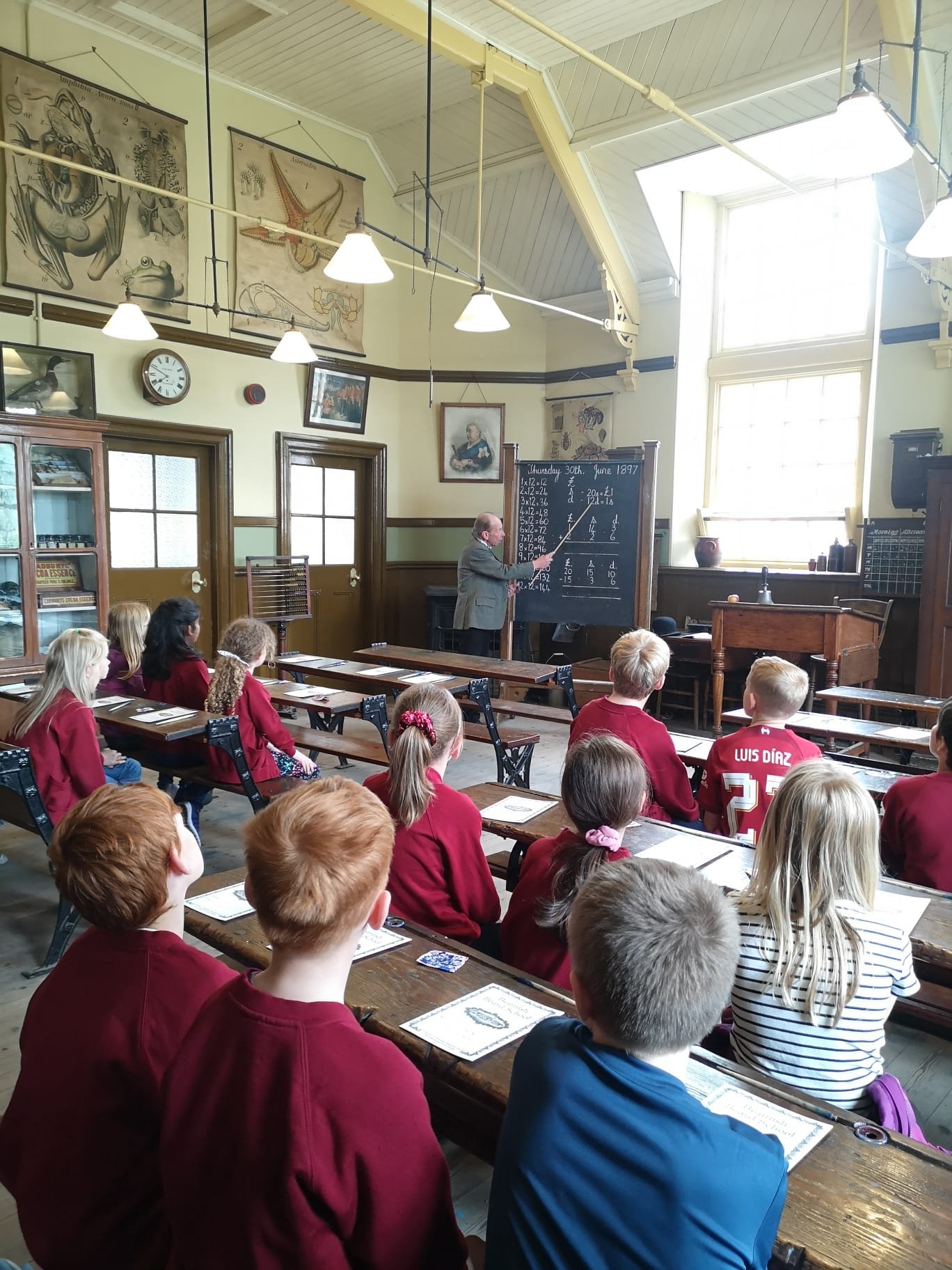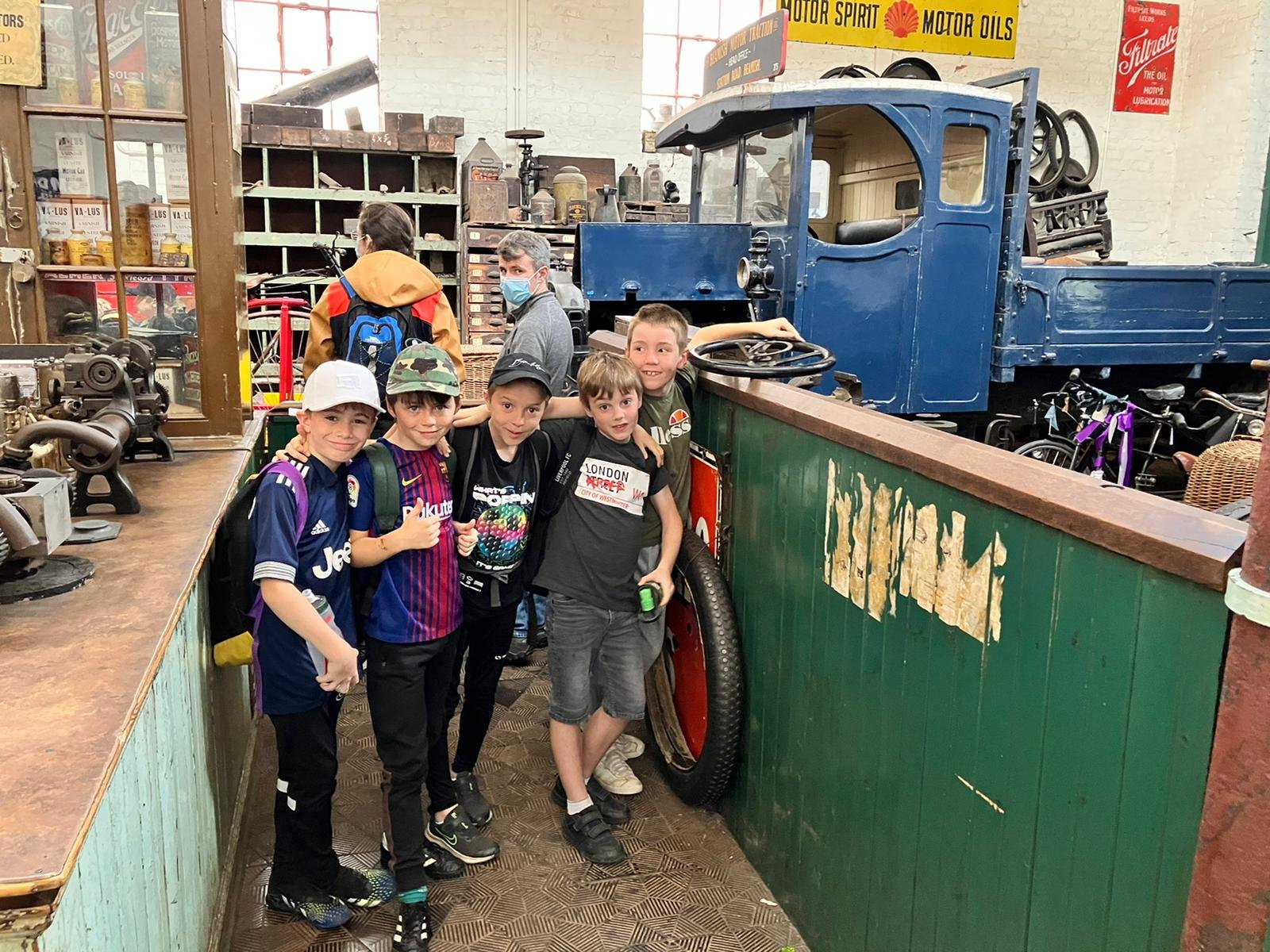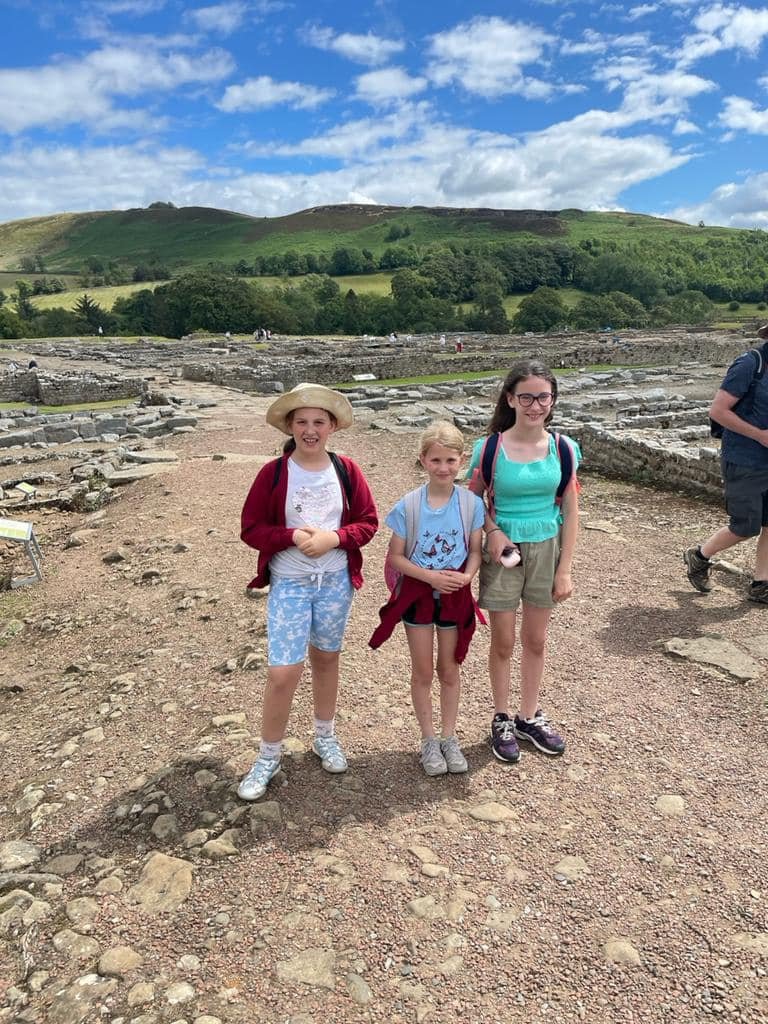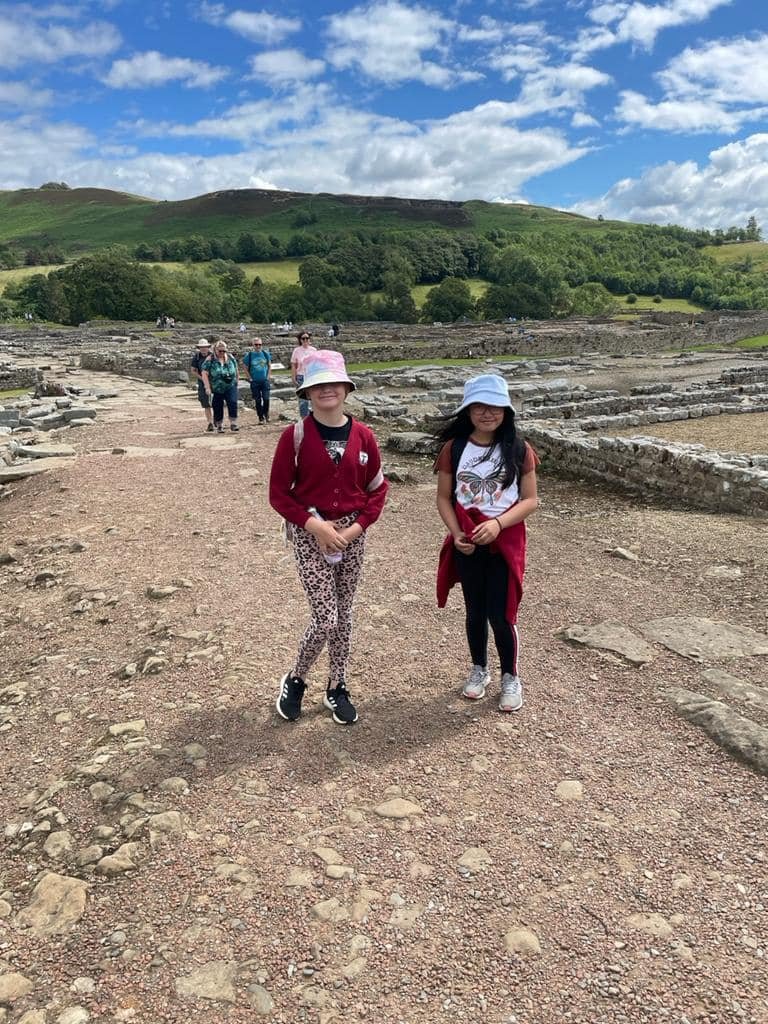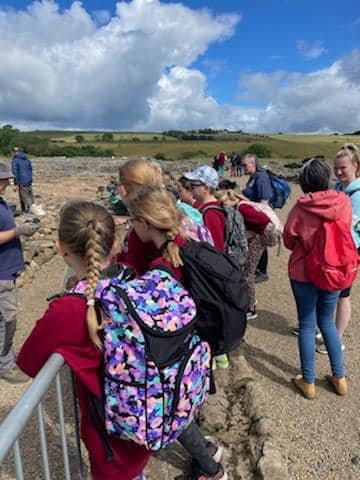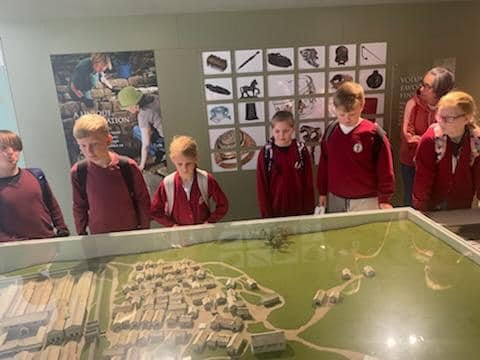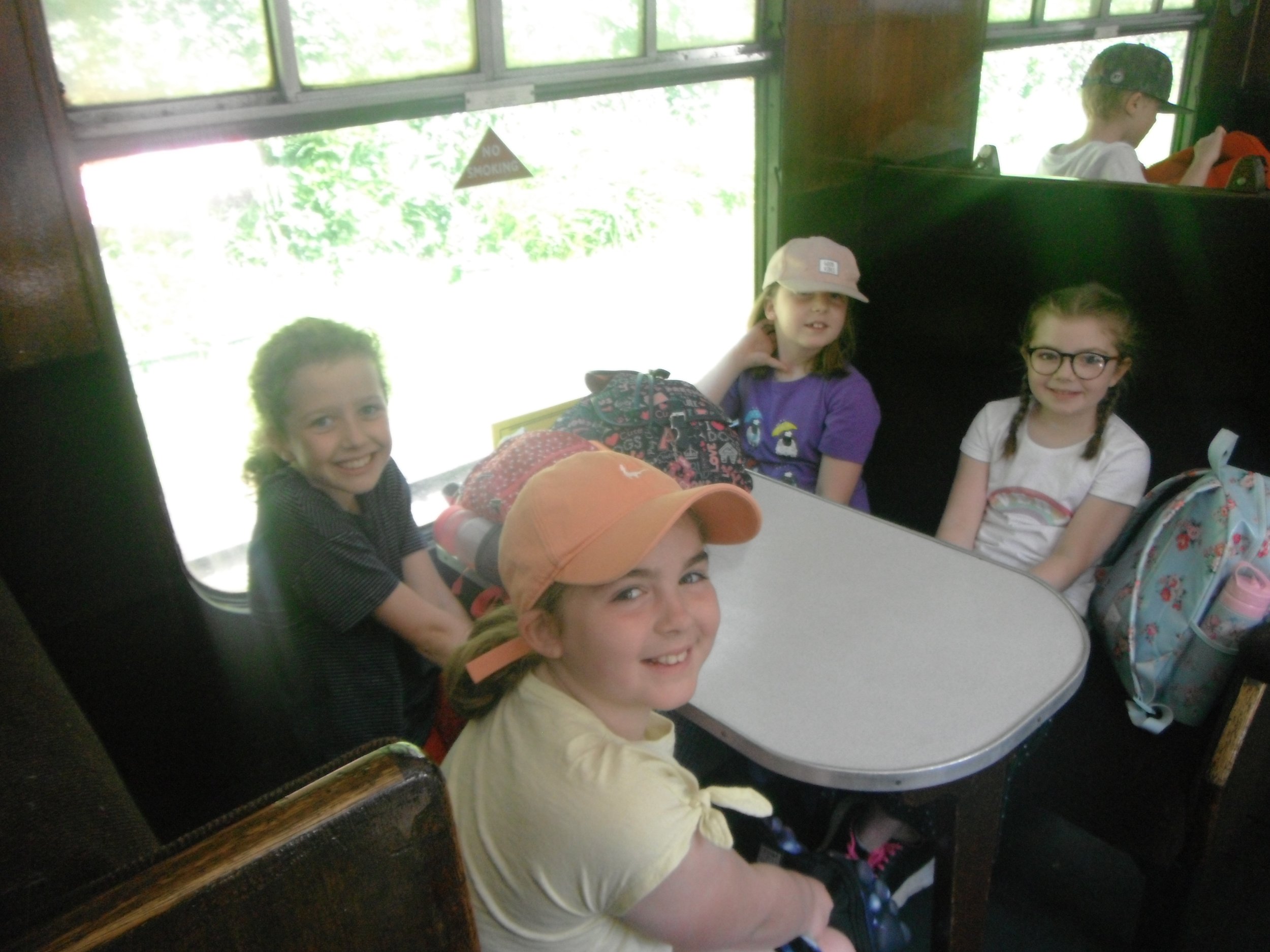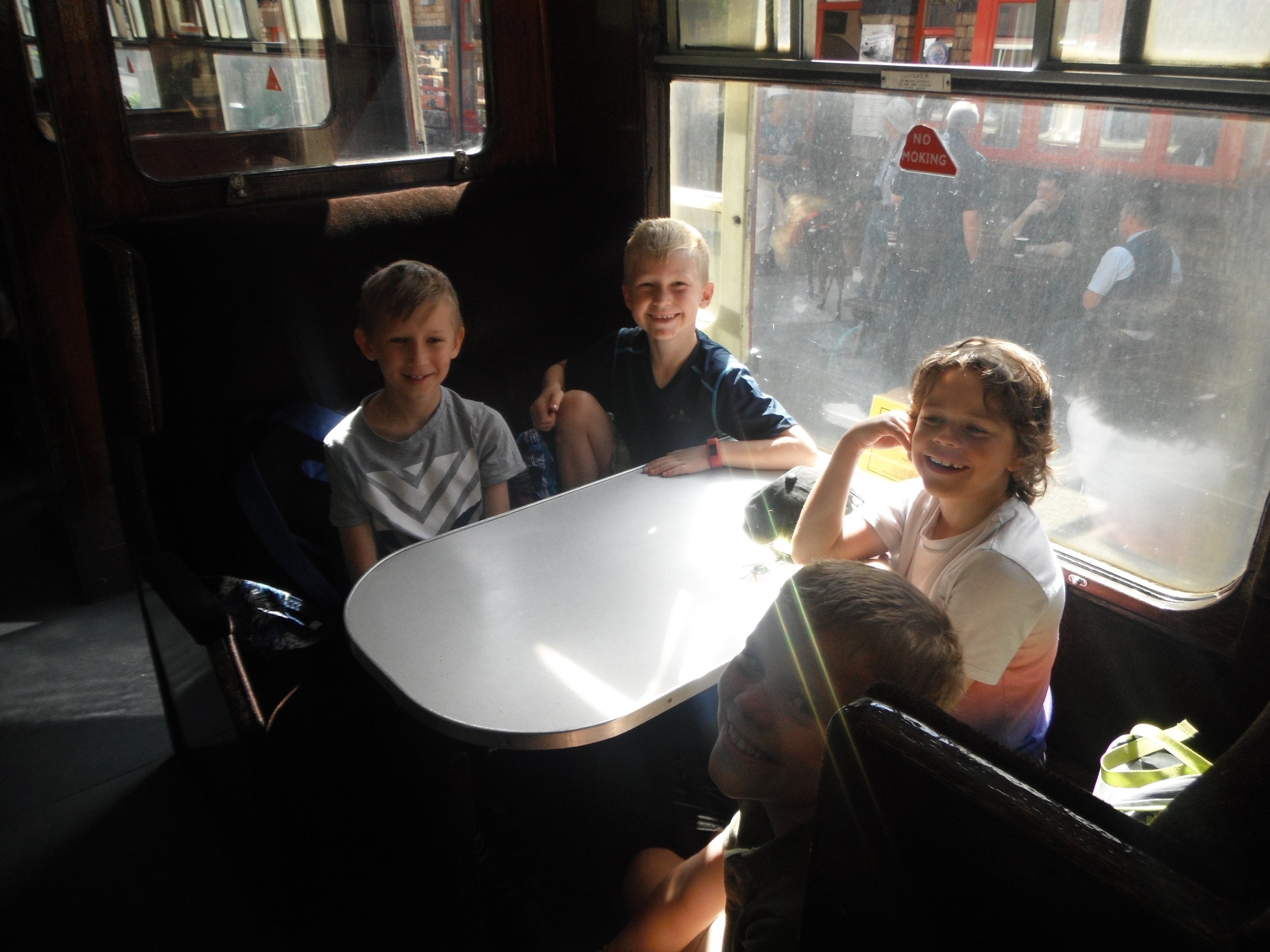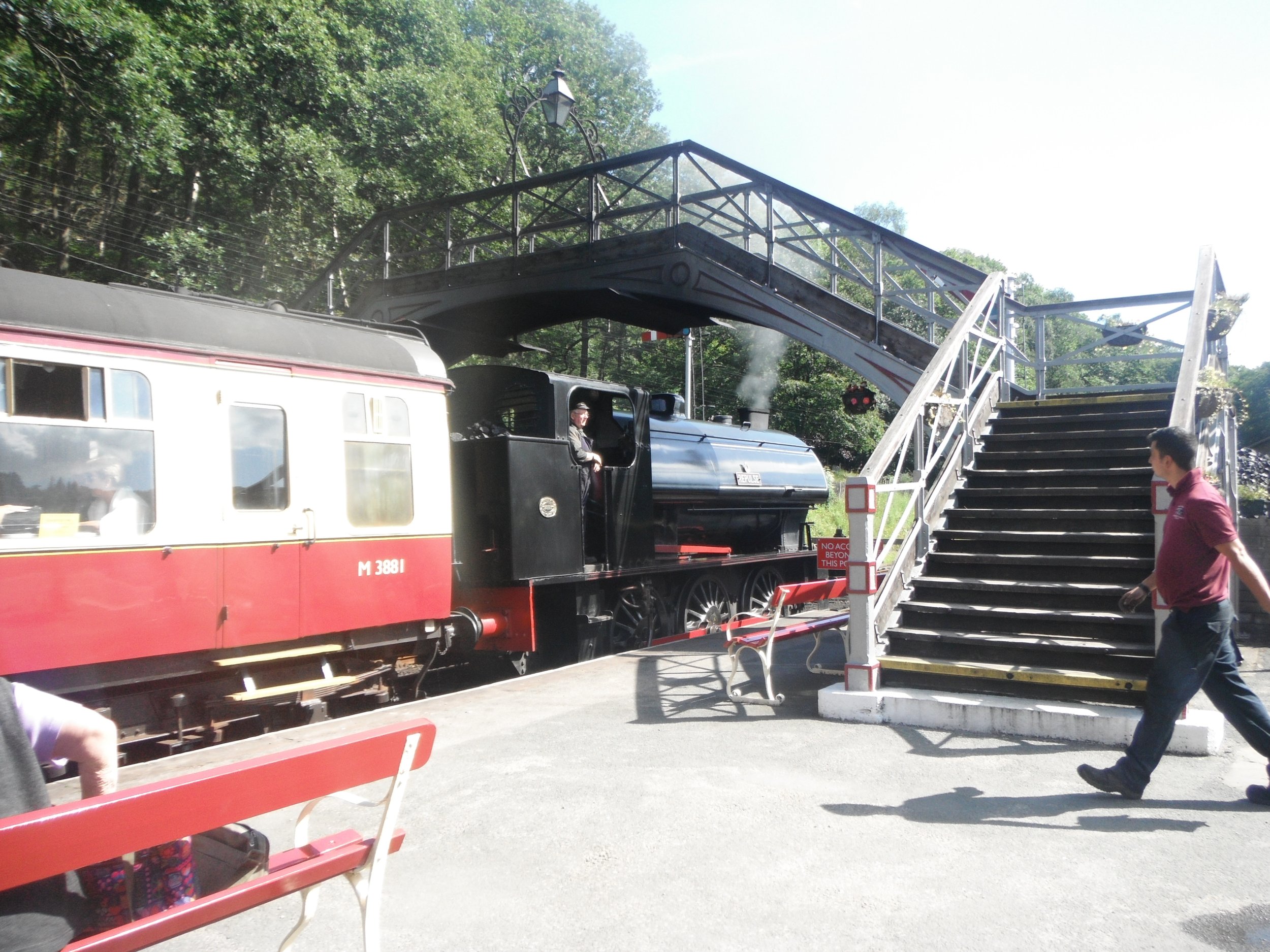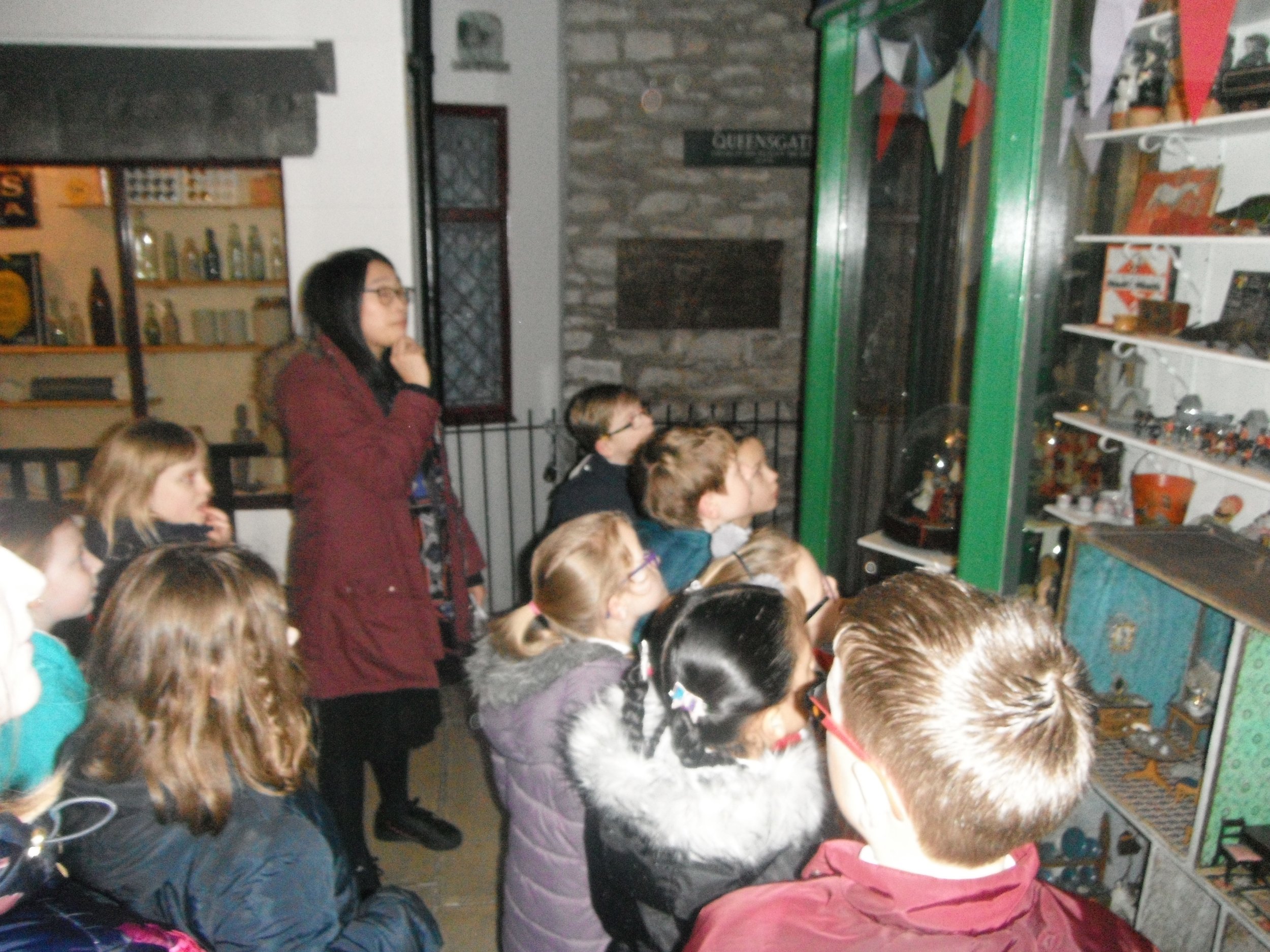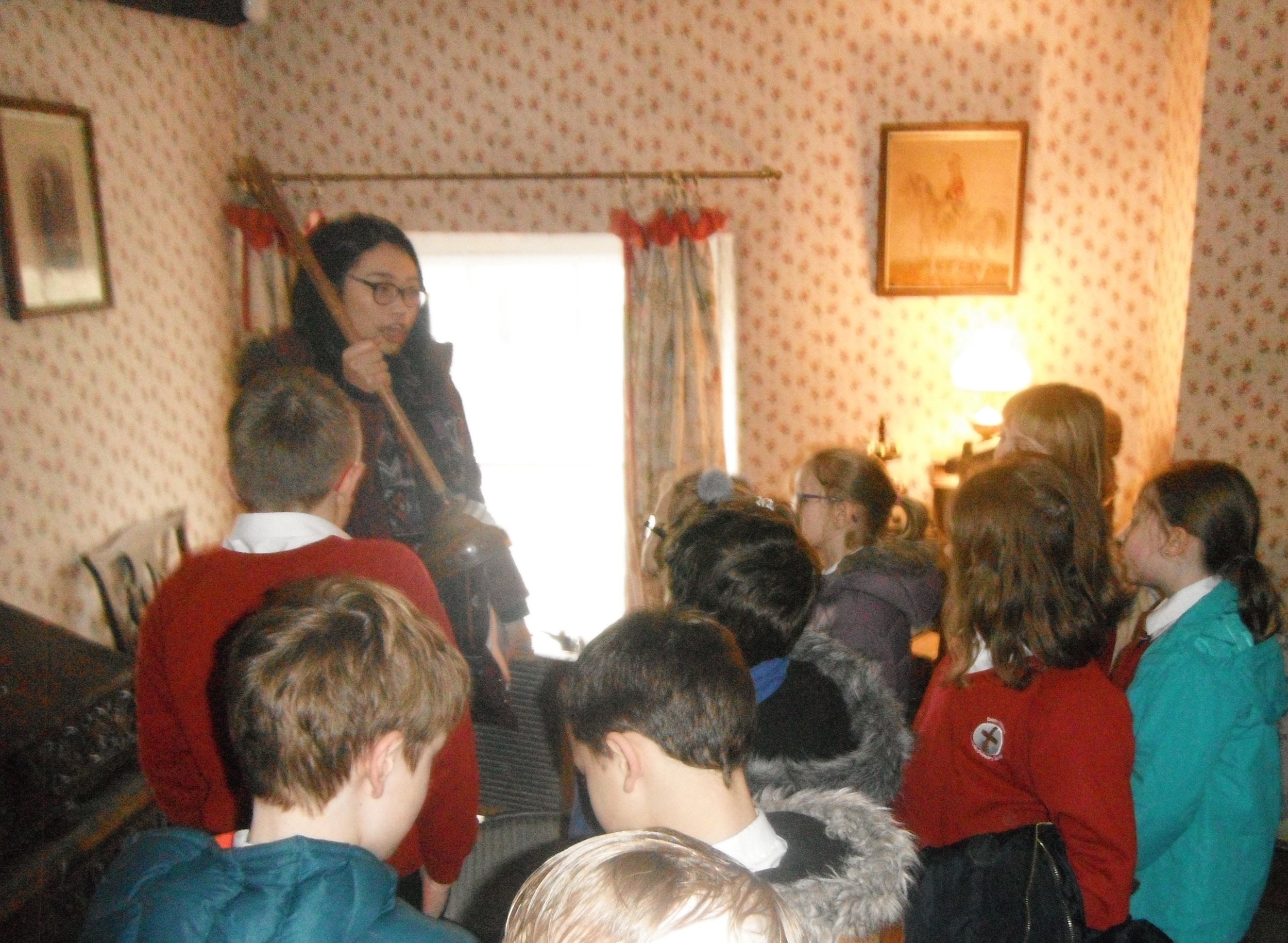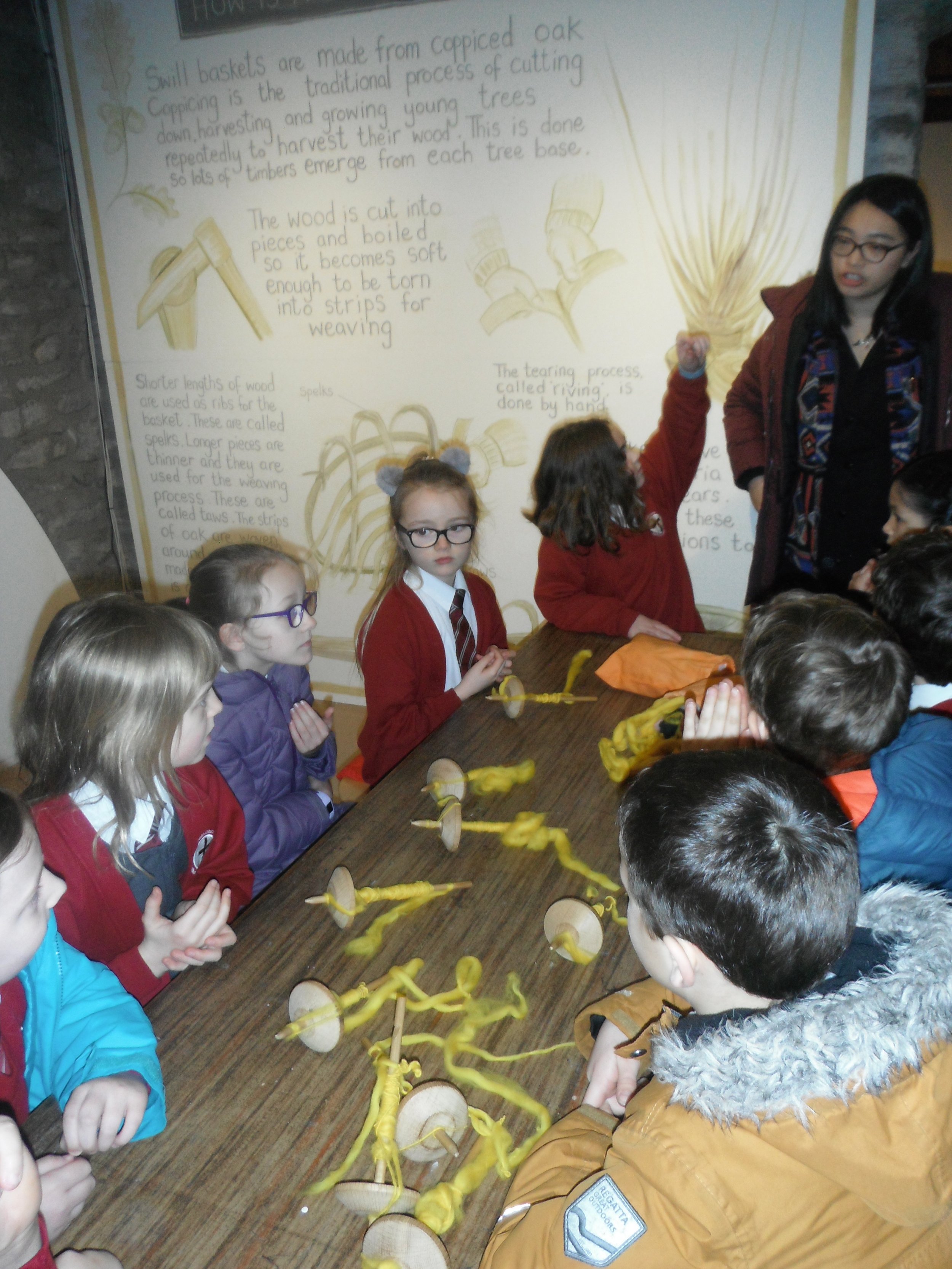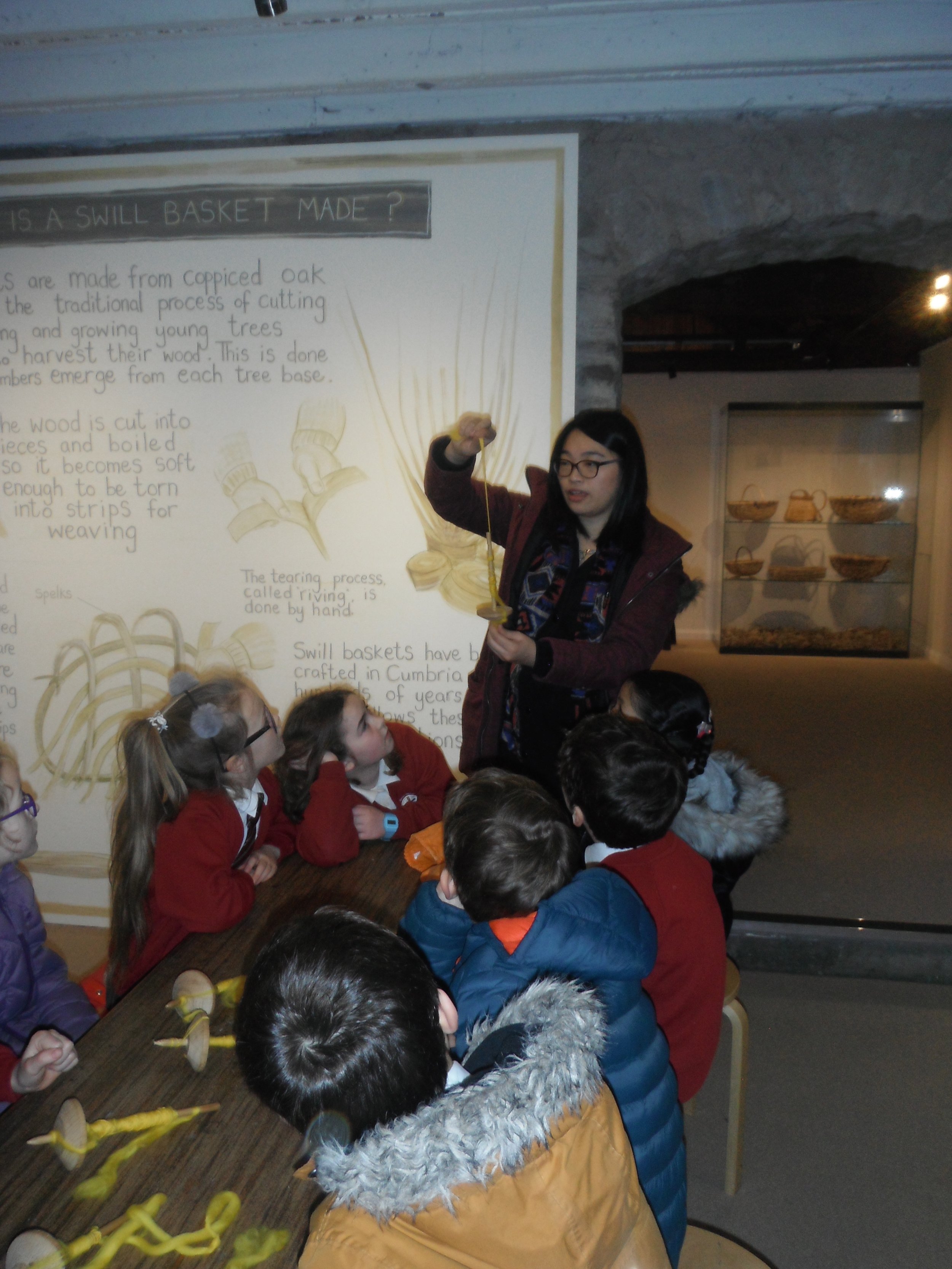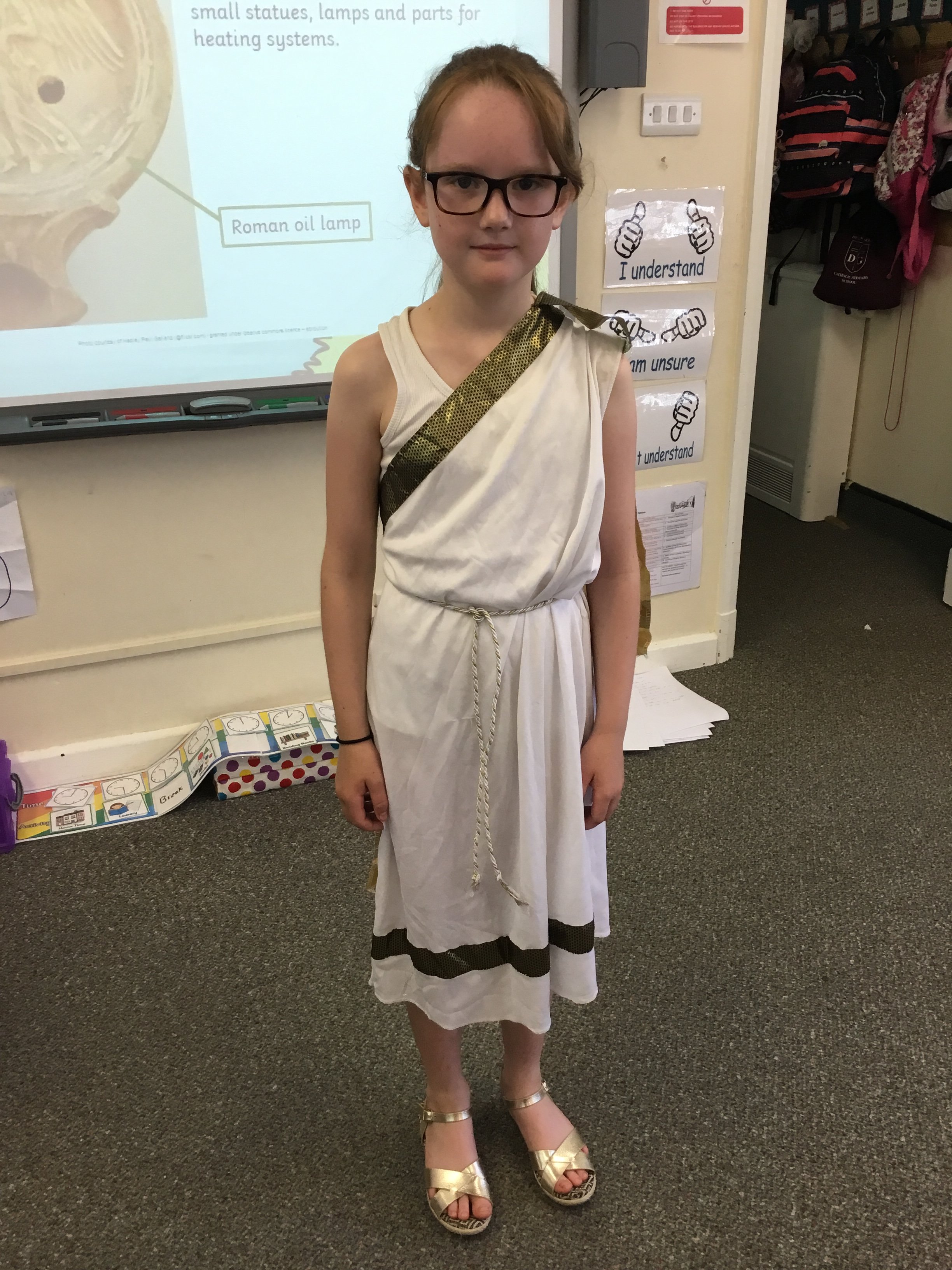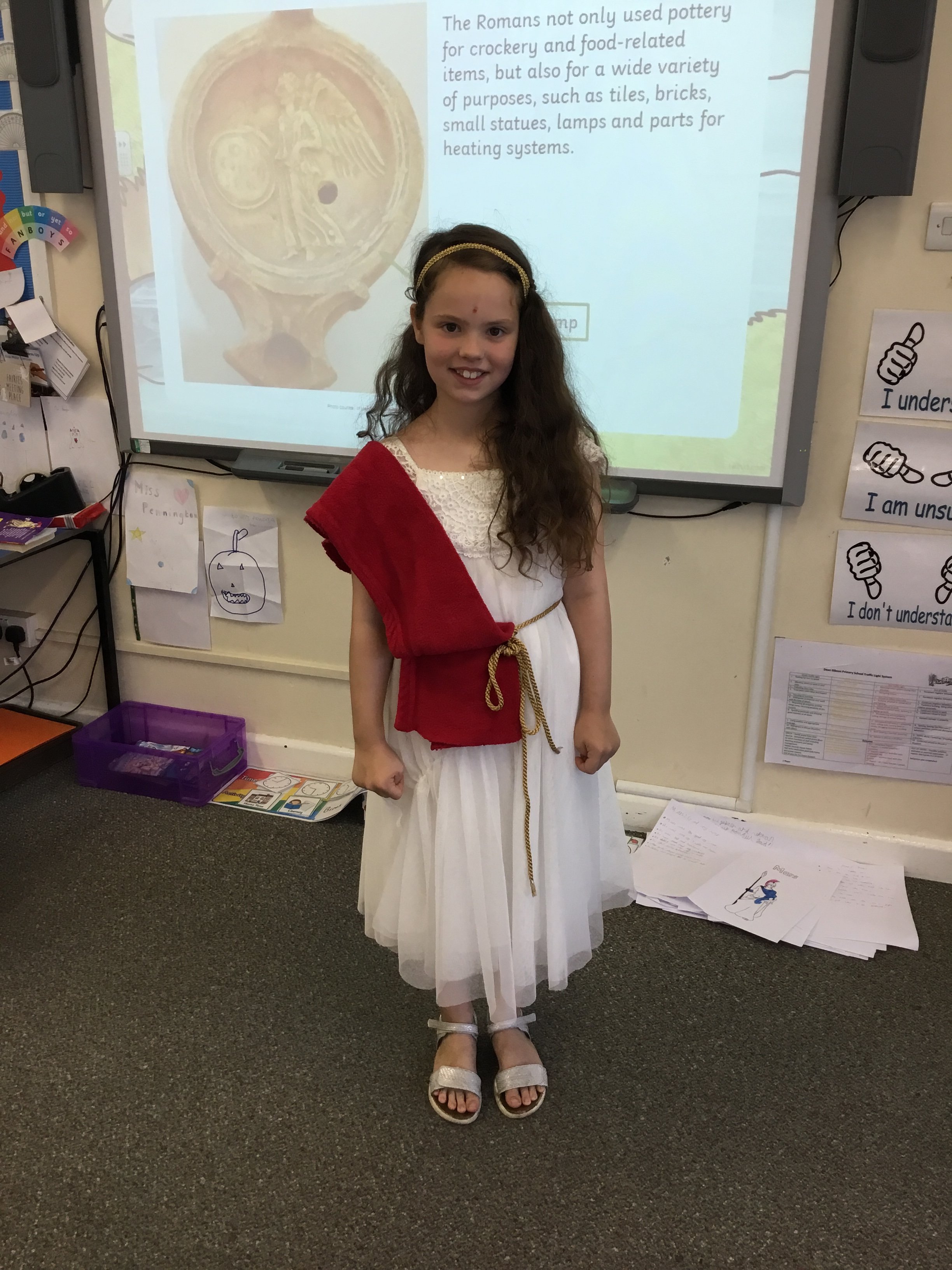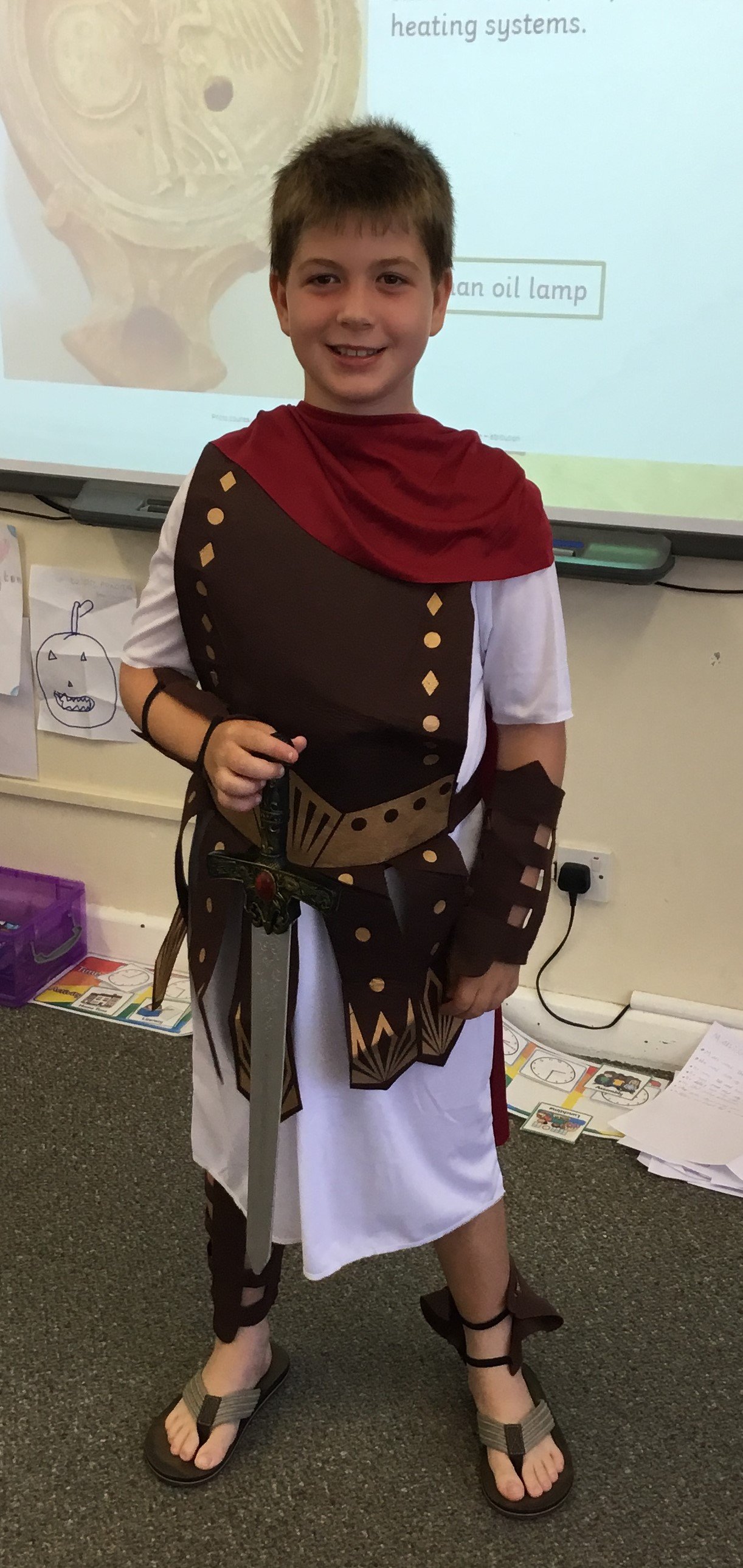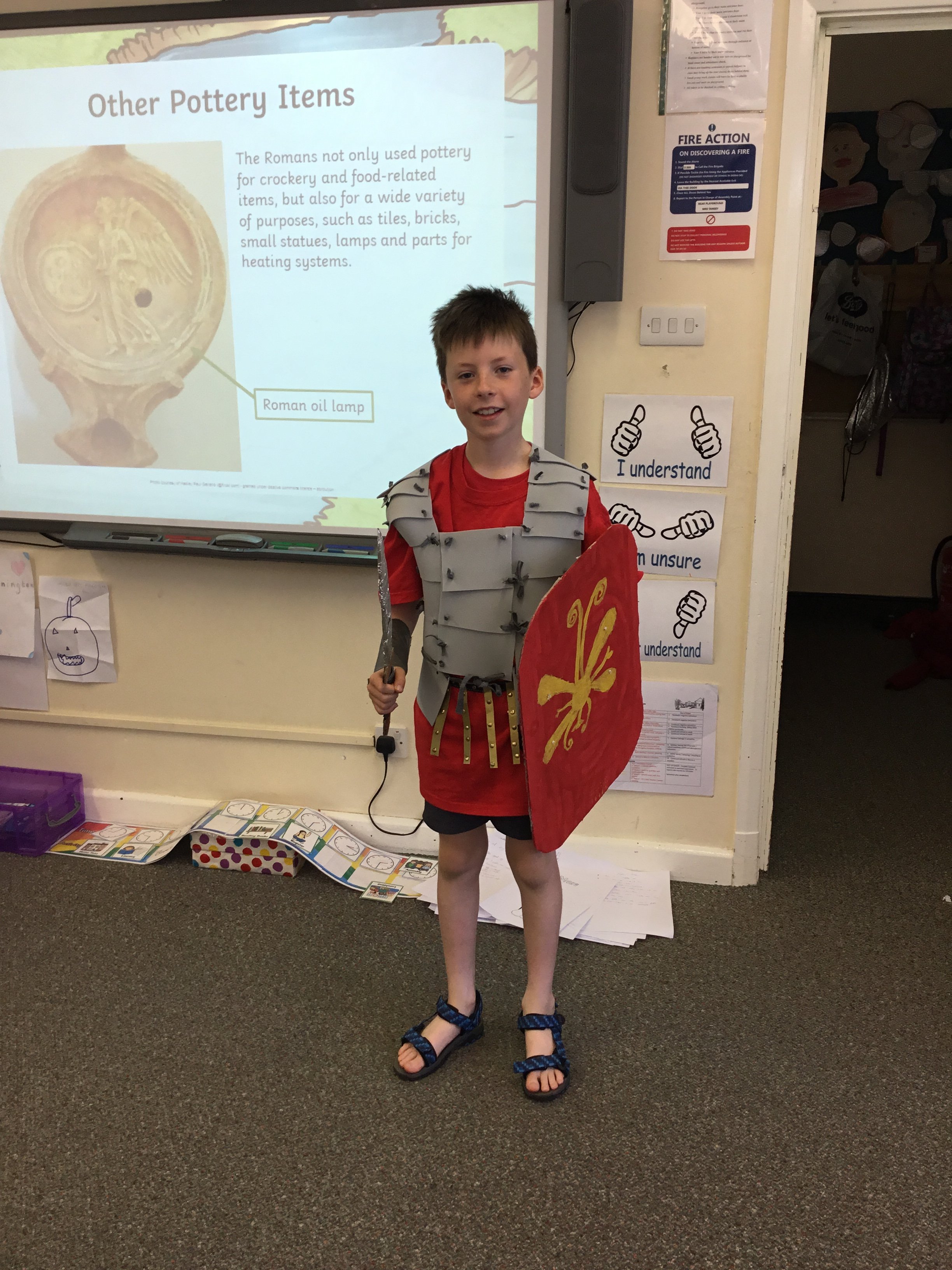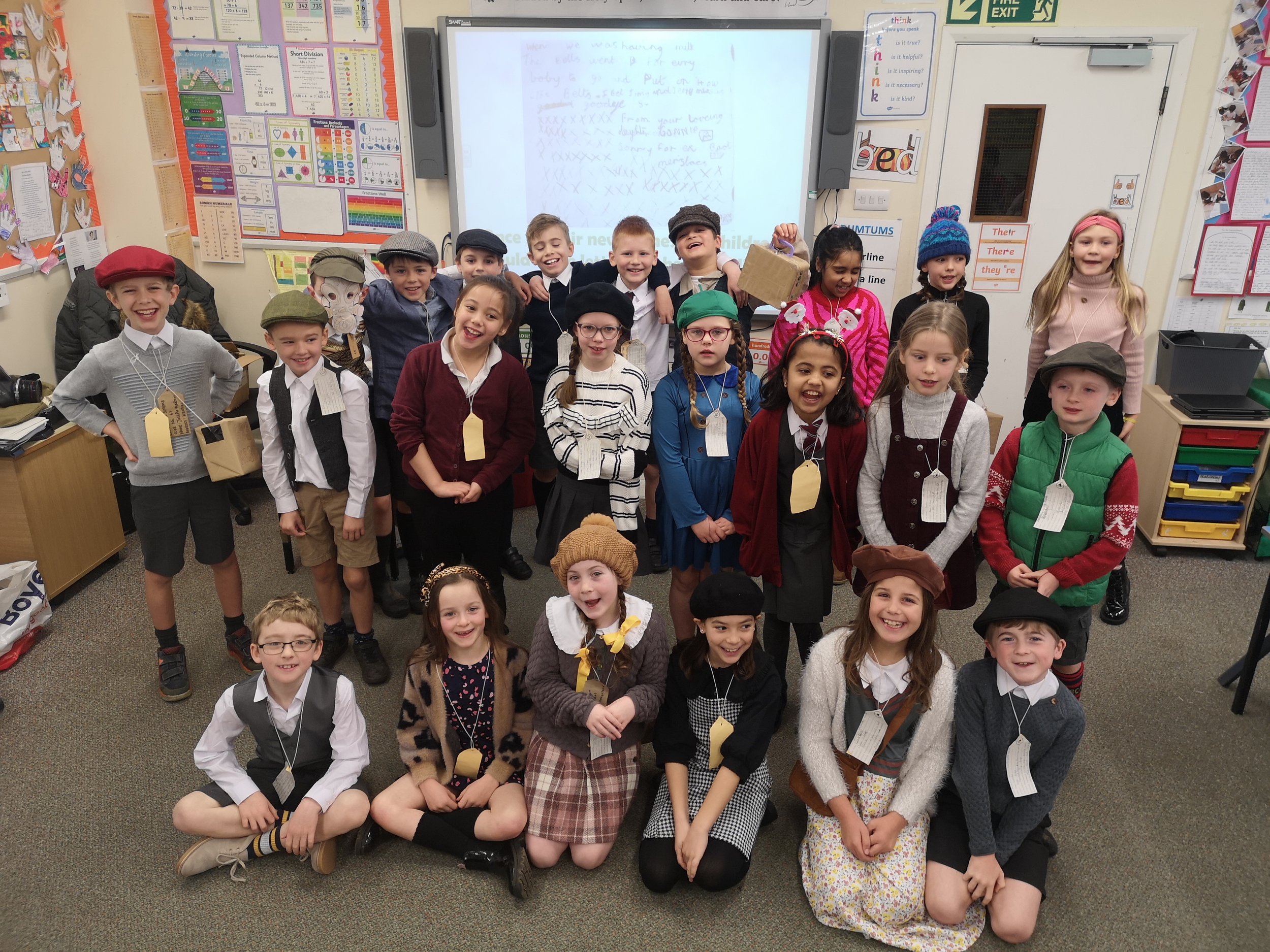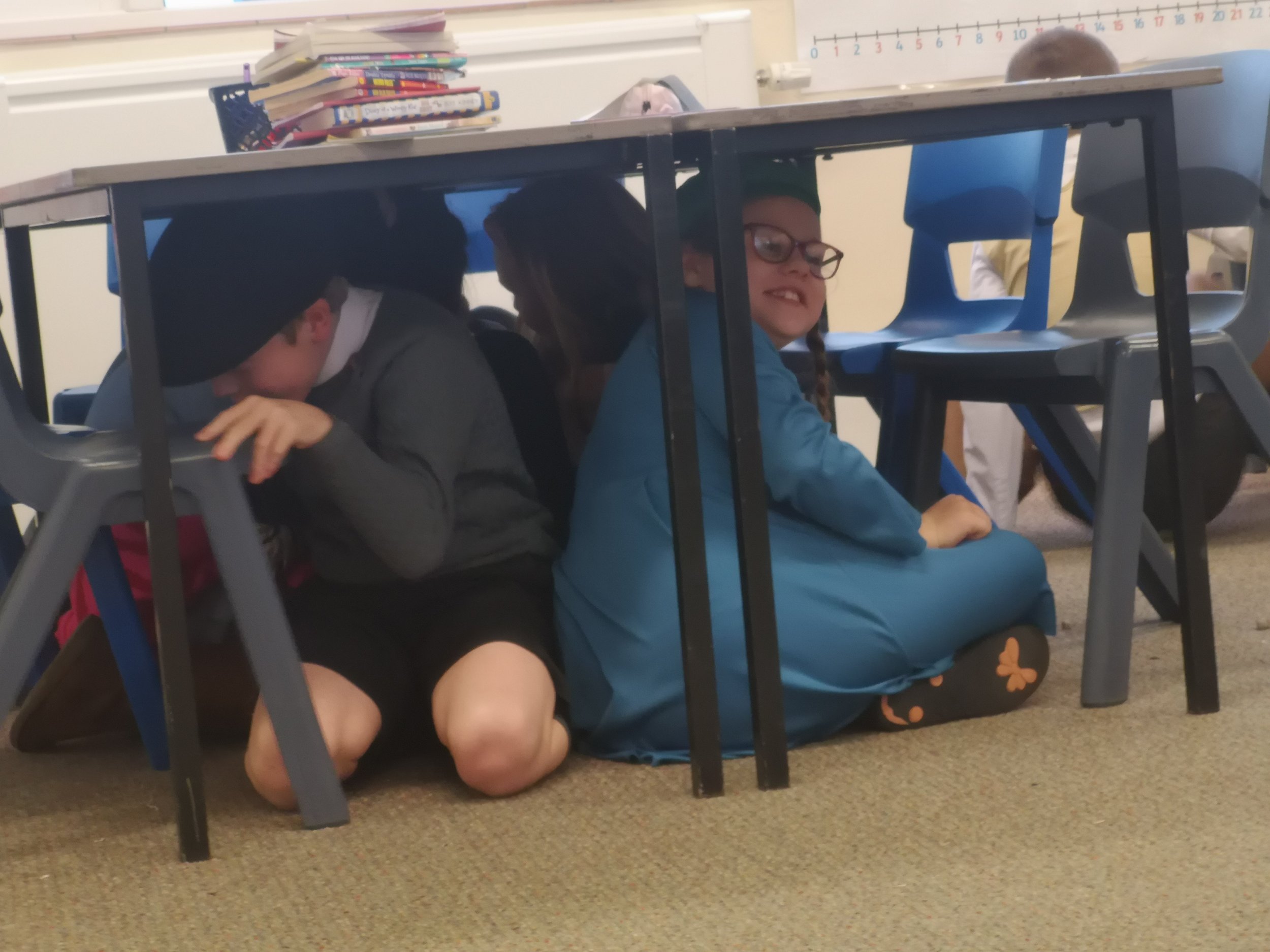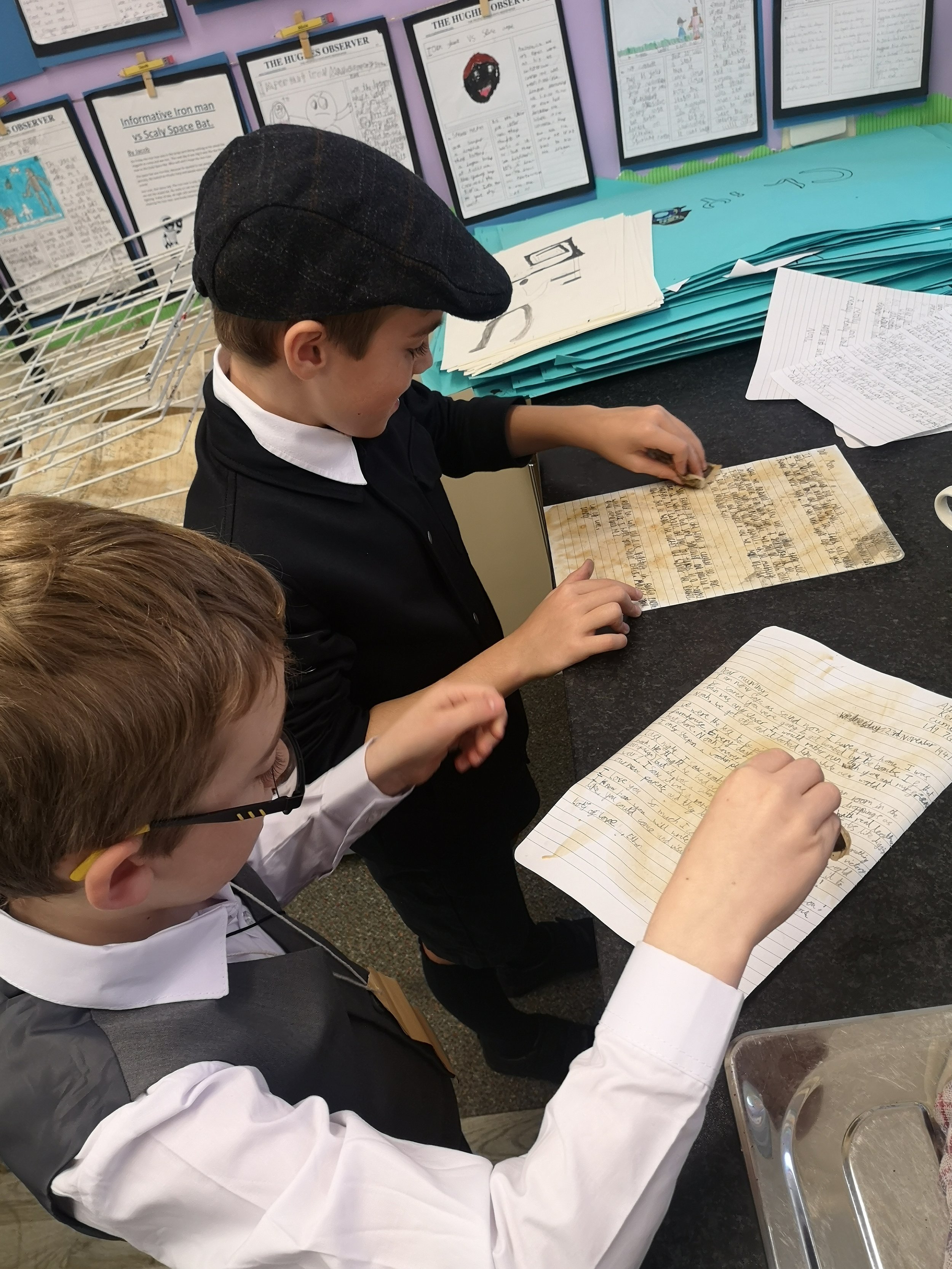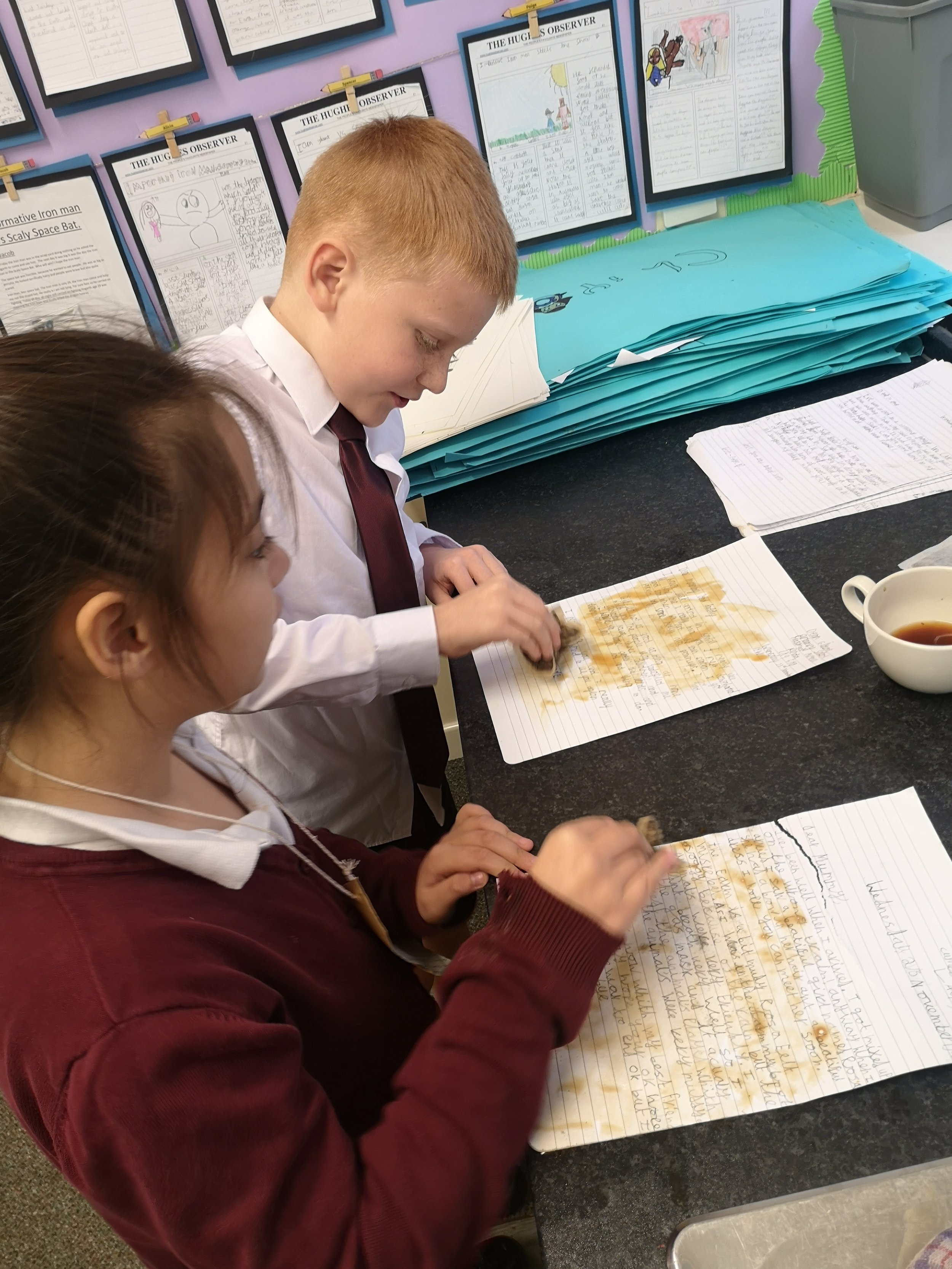History
At Dean Gibson, we strive to provide every child the opportunity to understand the events that have shaped the world and learn about its history in fun, creative and inspiring ways. Through embracing children’s natural curiosity, we have designed our curriculum to engage and inspire children to develop an understanding of their past, look into important events happening in the present and think about how the future can be shaped.
We celebrate our local area, the outdoors and the heritage the children should be proud of. Through approaching topics sensitively, we instil a caring attitude in our children to be respectful and show appreciation to those who have come before us and shaped our lives.
At Dean Gibson, we precisely build upon children’s historical knowledge and enquiry skills. Through a carefully mapped curriculum, they progress in knowledge and skills to be the best historians they can be. This allows them to be resilient learners, discovering ways to research information, considering different viewpoints, respecting diversity and make informed observations.
History Scheme of Work
The long term plan for history follows the United Learning Curriculum which supports delivery from Nursery/Reception to Y6. We have adopted a question based, enquiry led curriculum so children are immediately immersed in the subject area.
United Learning Curriculum -
United Learning Curriculum -
Click on the above file for details of:
Principles of the History Curriculum
3 strands of History - Substantive Knowledge
- Disciplinary Knowledge
- Vertical Concepts
Alignment to the National Curriculum
Prior Understanding
What pupils will be exposed to
How knowledge will be built upon from Nursery to Year 6
Vertical Concepts - Power, Empire and Democracy
- Quest for Knowledge
- Community and Family
Progression in the History Curriculum
Disciplinary Knowledge - Thinking Like a Historian
History in the Local Context
Impact and Assessment
Teachers are responsible for the implementation of History effectively and to assist pupils to:
• Develop chronological understanding of periods of time.
• Increase knowledge and understanding of key events.
• Know about famous people who have influenced the course of History.
• Recognise that the past is represented and interpreted in different ways.
• Be able to use a range of sources to select and record relevant information, deciphering reliable sources.
• Develop a range of skills necessary to communicate their knowledge and understanding.
National Curriculum requirements
In KS1 children will be taught the main curriculum objectives:
changes within living memory. Where appropriate, these should be used to reveal aspects of change in national life
events beyond living memory that are significant nationally or globally [for example, the Great Fire of London, the first aeroplane flight or events commemorated through festivals or anniversaries]
the lives of significant individuals in the past who have contributed to national and international achievements. Some should be used to compare aspects of life in different periods [for example, Elizabeth I and Queen Victoria, Christopher Columbus and Neil Armstrong, William Caxton and Tim Berners-Lee, Pieter Bruegel the Elder and LS Lowry, Rosa Parks and Emily Davison, Mary Seacole and/or Florence Nightingale and Edith Cavell]
significant historical events, people and places in their own locality.
In KS2 children will be taught the main curriculum objectives:
changes in Britain from the Stone Age to the Iron Age
the Roman Empire and its impact on Britain
Britain’s settlement by Anglo-Saxons
the Viking and Anglo-Saxon struggle for the Kingdom of England to the time of Edward the Confessor
a local history study Examples
a study of an aspect of history or a site dating from a period beyond 1066 that is significant in the locality.
a study of an aspect or theme in British history that extends pupils’ chronological knowledge beyond 1066
the achievements of the earliest civilizations – an overview of where and when the first civilizations appeared and a depth study of one of the following: Ancient Sumer; The Indus Valley; Ancient Egypt; The Shang Dynasty of Ancient China
Ancient Greece – a study of Greek life and achievements and their influence on the western world
a non-European society that provides contrasts with British history – one study chosen from: early Islamic civilization, including a study of Baghdad c. AD 900; Mayan civilization c. AD 900; Benin (West Africa) c. AD 900-1300.
“History is things that have happened a long time ago, looking back so many years, it’s like you’re actually in the year.”
“History is fun to learn about what people used to do because it’s so different to what we do now, it’s good to compare.”
“History is a good way of feeling how it felt back in the past. I like getting to experience what it was like in the olden times.”
“It’s important to learn about the past so we can change things for the future.”
Educational Visits
Opportunities for educational visits both into and out of school are encouraged as to better equip children with relevant, consolidating learning experiences. Learning outside of the classroom is actively encouraged with this hands-on subject areas. The opportunities for exploration and intrigue are in abundance in our local area, with us being perfectly situated in the lake district. Whilst, visiting places of historical interest and relevance are also crucial in solidifying knowledge and seeing artefacts up close and personal. Trips to historical sites of interest have included: Beamish, Vindolanda, Kendal museum of Lakeland Life and more.
Experience Days
Teachers are encouraged to plan topical days where children get to be engrossed in their learning. These are a great opportunity for children to fully understand an area of study and to have fun with it too. We have held Evacuee and Roman Days in school.
